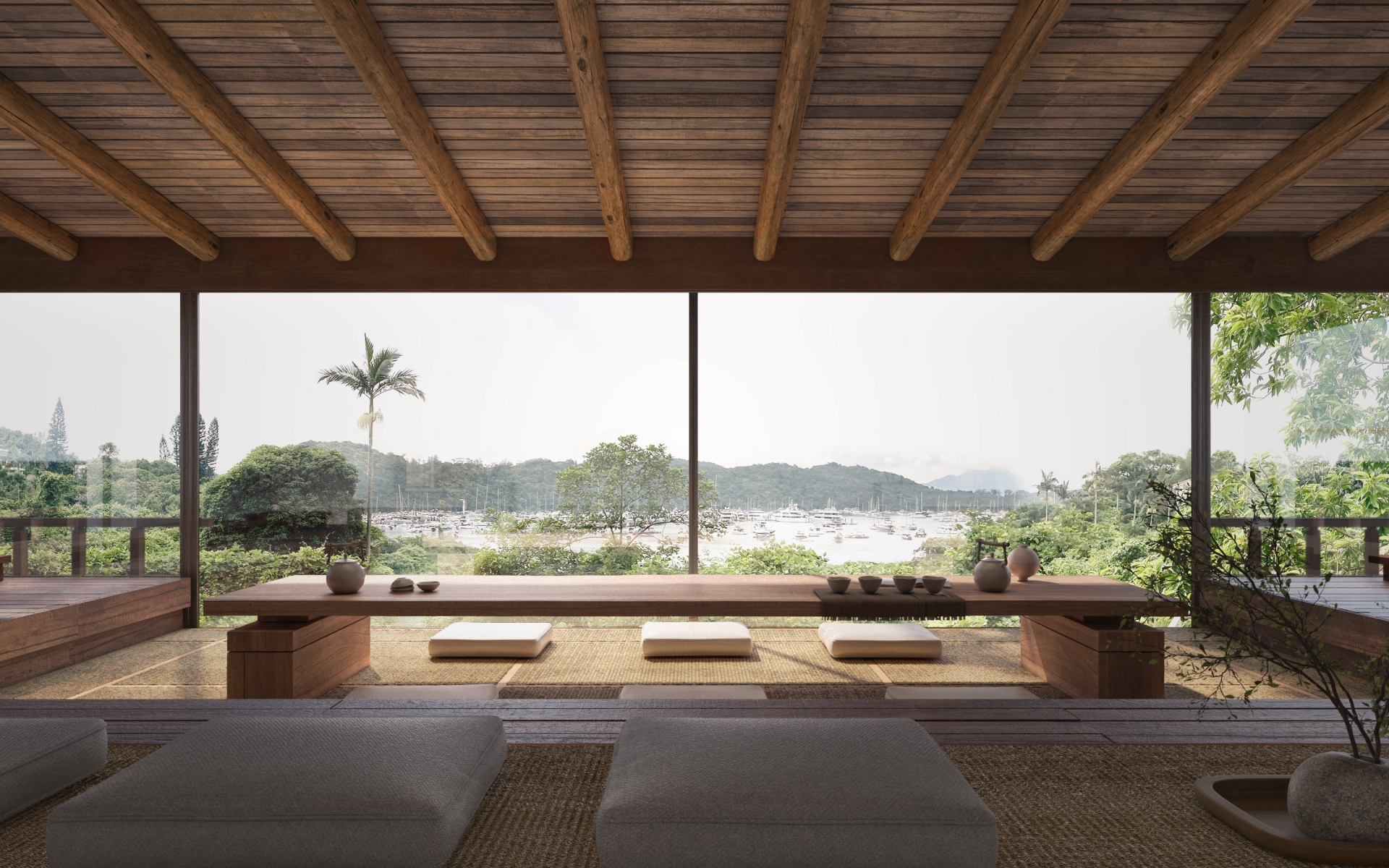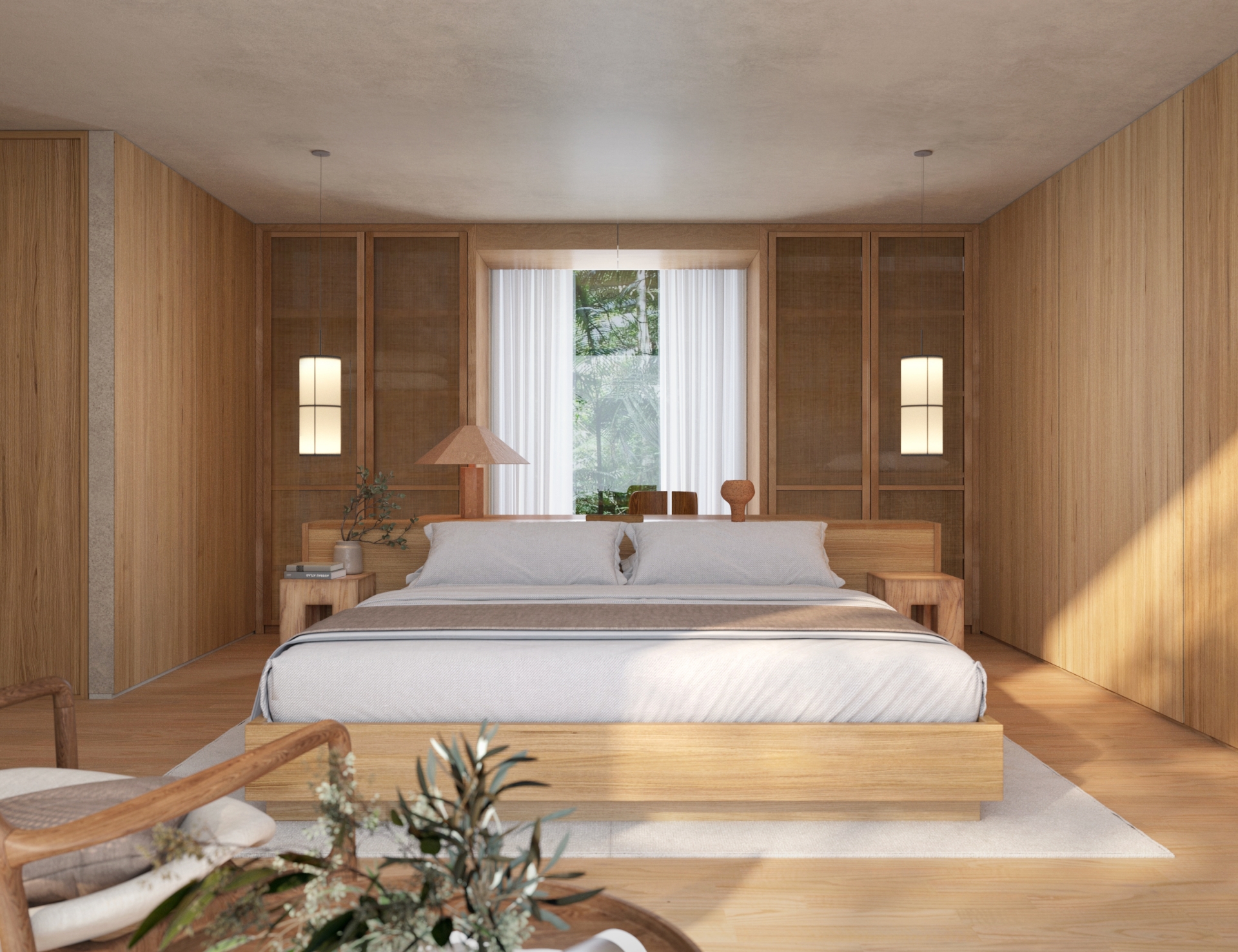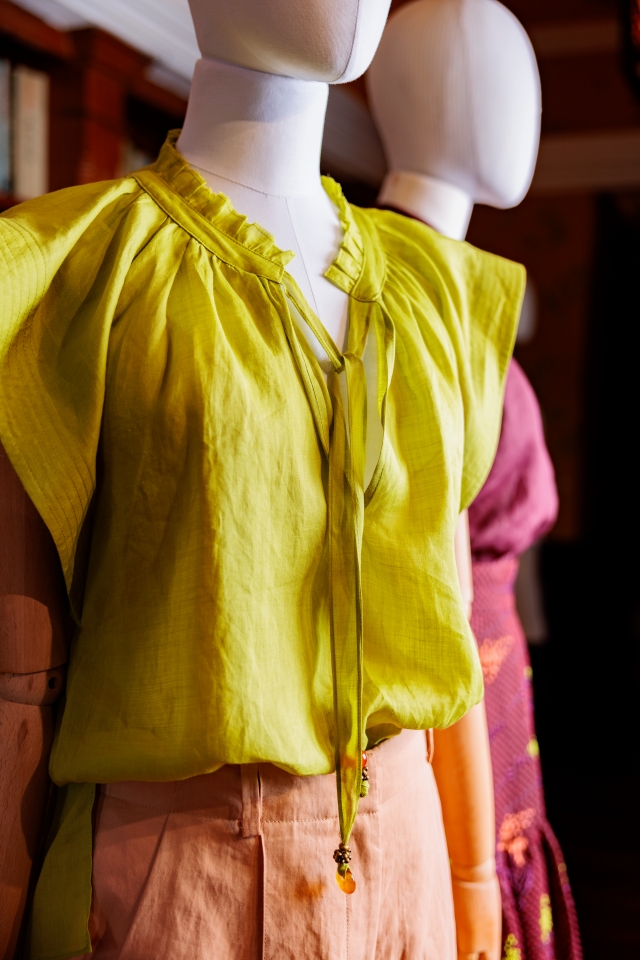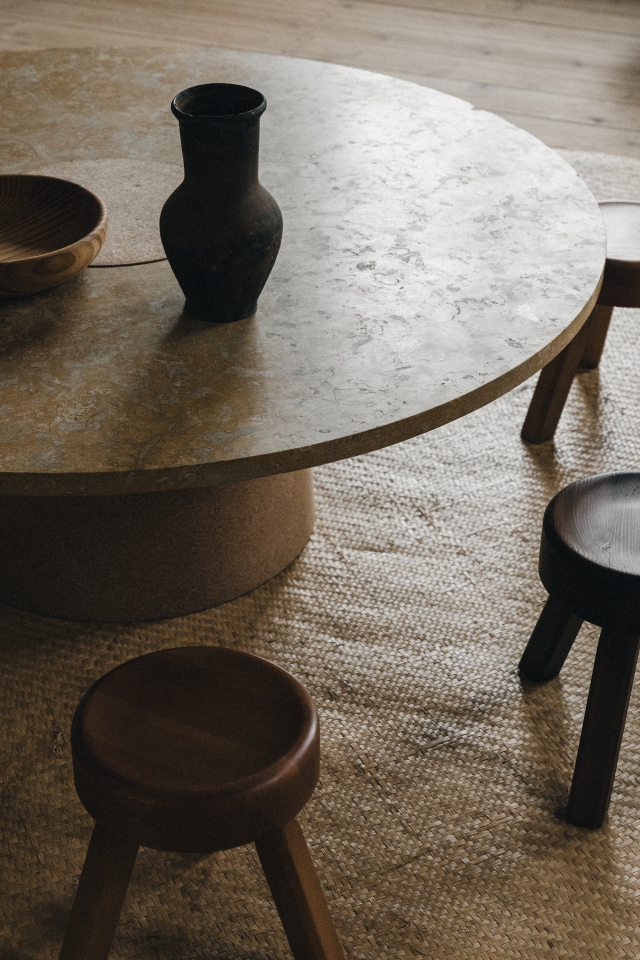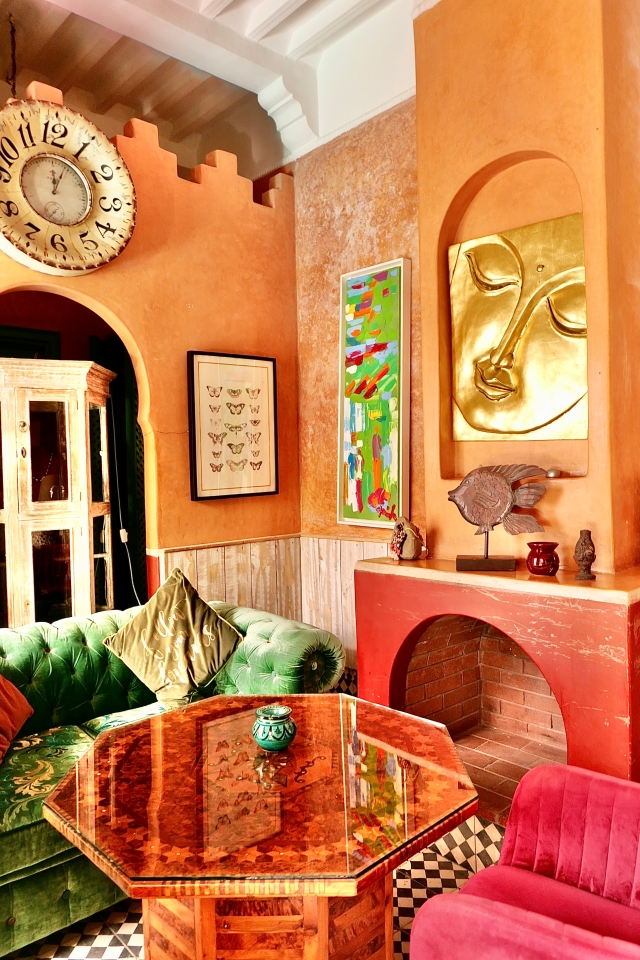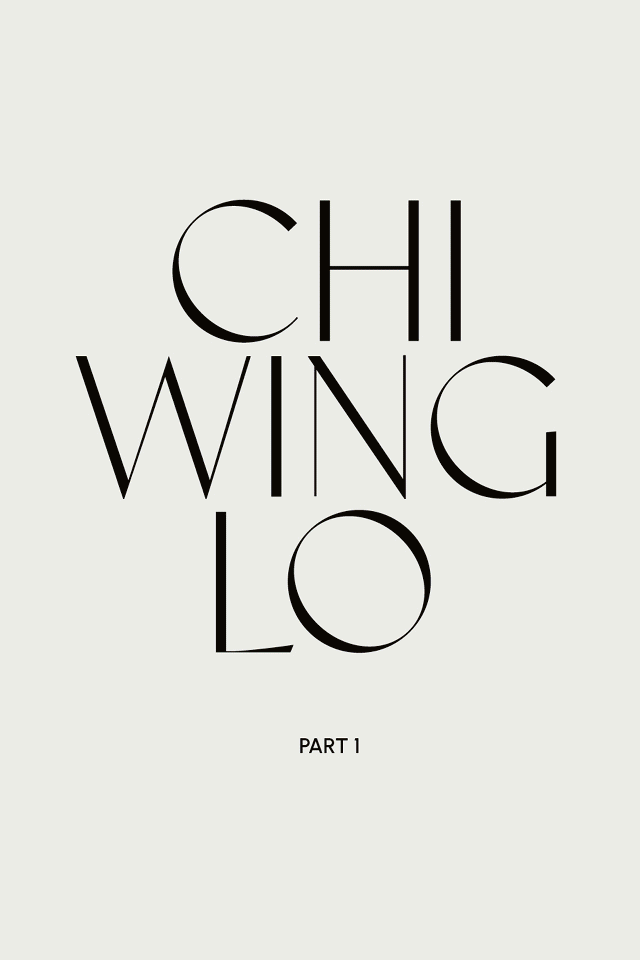Founded in 2018, the London based practice is fronted by Alex Holloway and Na Li. Specialising in the hospitality industry, Holloway Li is at the forefront of a new wave of designers who blur the boundaries between historicism, decoration, and digital process, to create intricate interiors that are comfortable in the context of contemporary design culture. They help clients understand the potential of design to engage with new trends in the marketplace. This approach allows them to unlock social value, cultural impact, and economic profit. In fact, this passionate duo wants to dig deep into the consumer mindset to gain understanding of how to reach, attract and engage the end user. See more at www.hollowayli.com
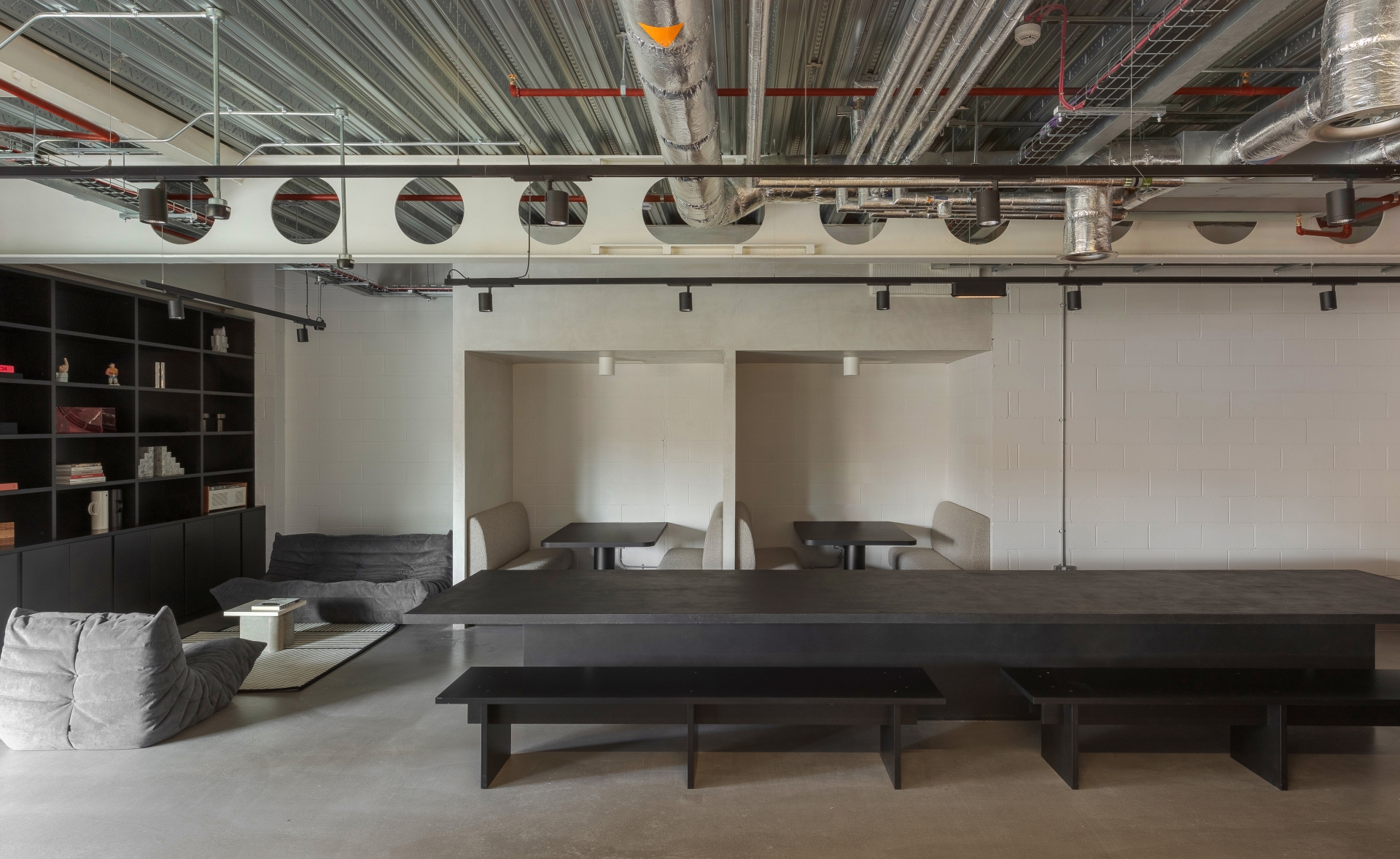
How did you meet and how did Holloway Li come into being?
Alex Holloway (Holloway): We followed very similar paths – both studying architecture at The Bartlett but we didn’t actually meet until we found ourselves designing Soho Farmhouse together whilst apprenticing at a practice in West London. Na designed the Main Barn, and I designed the Gym there. We built respect and trust in our partnership during that time. We set up separate practices in 2015, but shared an office space and started to collaborate informally. We built total confidence in each other during that period - aligning on aesthetic, work-ethic, and spirit. We made the partnership official in 2018.
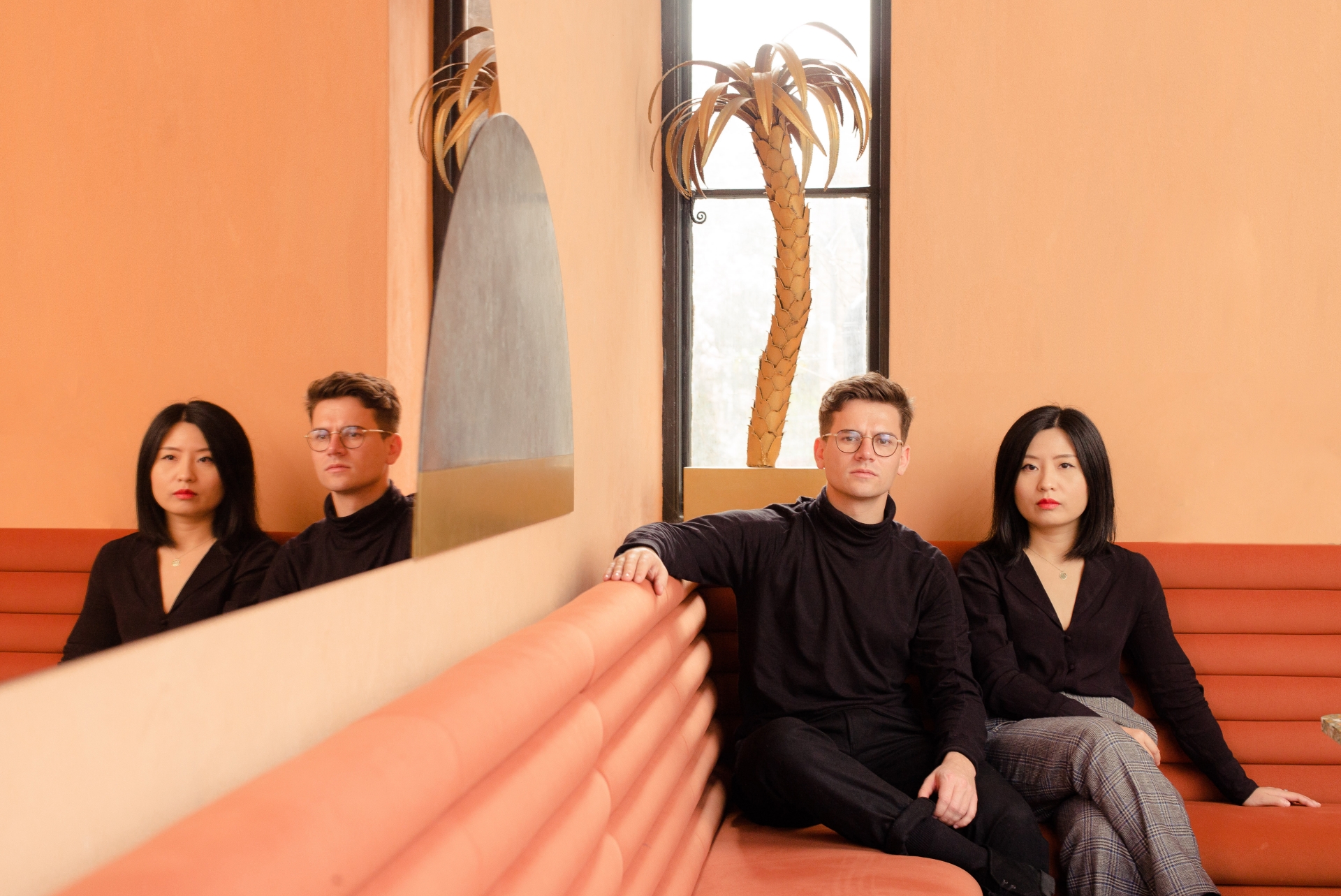
Na Li (Li): We made our partnership official in 2018 and Holloway Li was born with a host of hospitality and residential projects in London. The team has since grown to 17 and we’re now excited to be working on projects across the globe - from London to New York, Tokyo and Hong Kong.
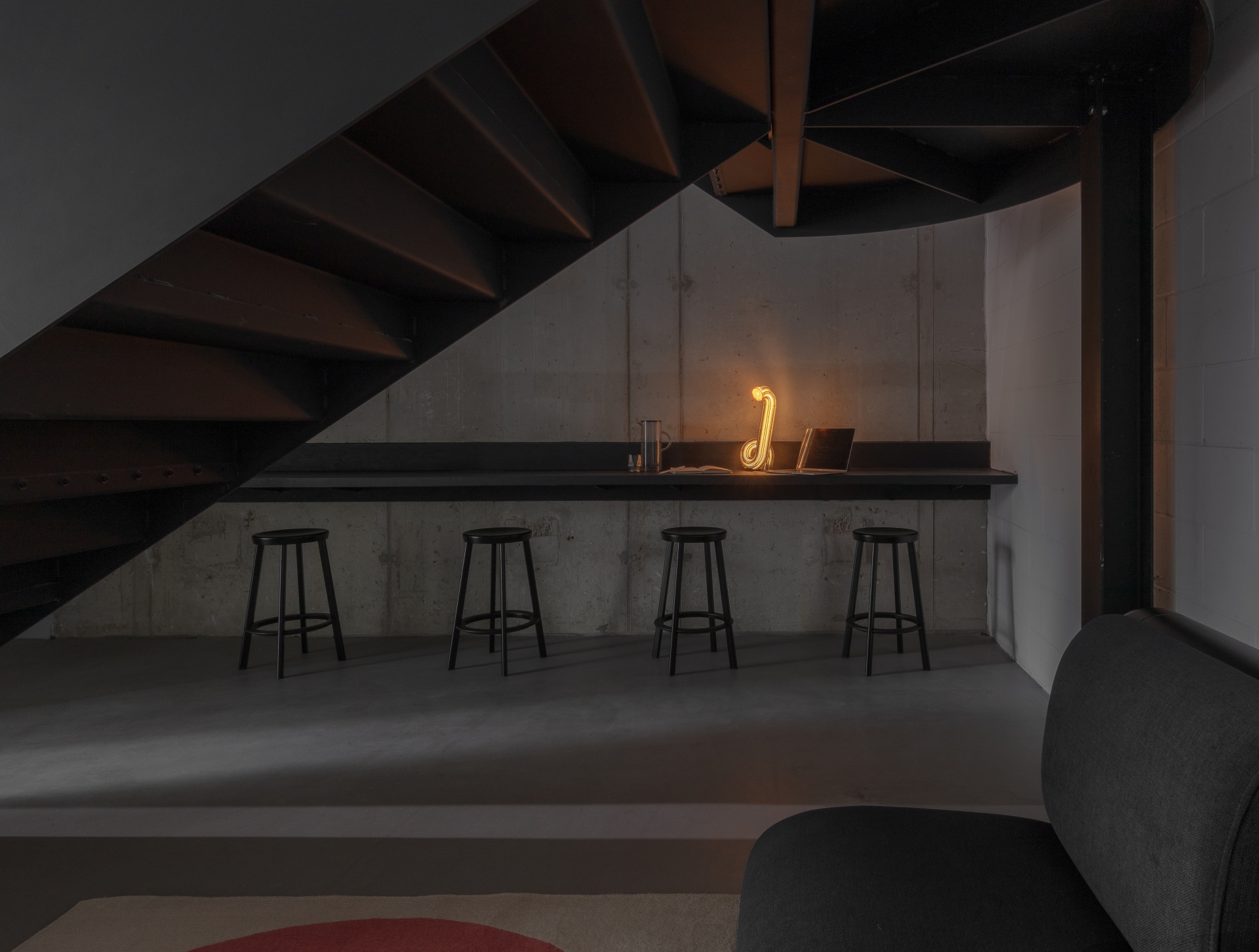
Outside of your own practice, how does design have an influence on you?
Holloway and Li: We are both big hosts, and love entertaining, so design tends to infiltrate even our off moments. We’re also regularly travelling and inspired and influenced by everything we encounter, from the smallest details to the architecture and streetscapes around us.
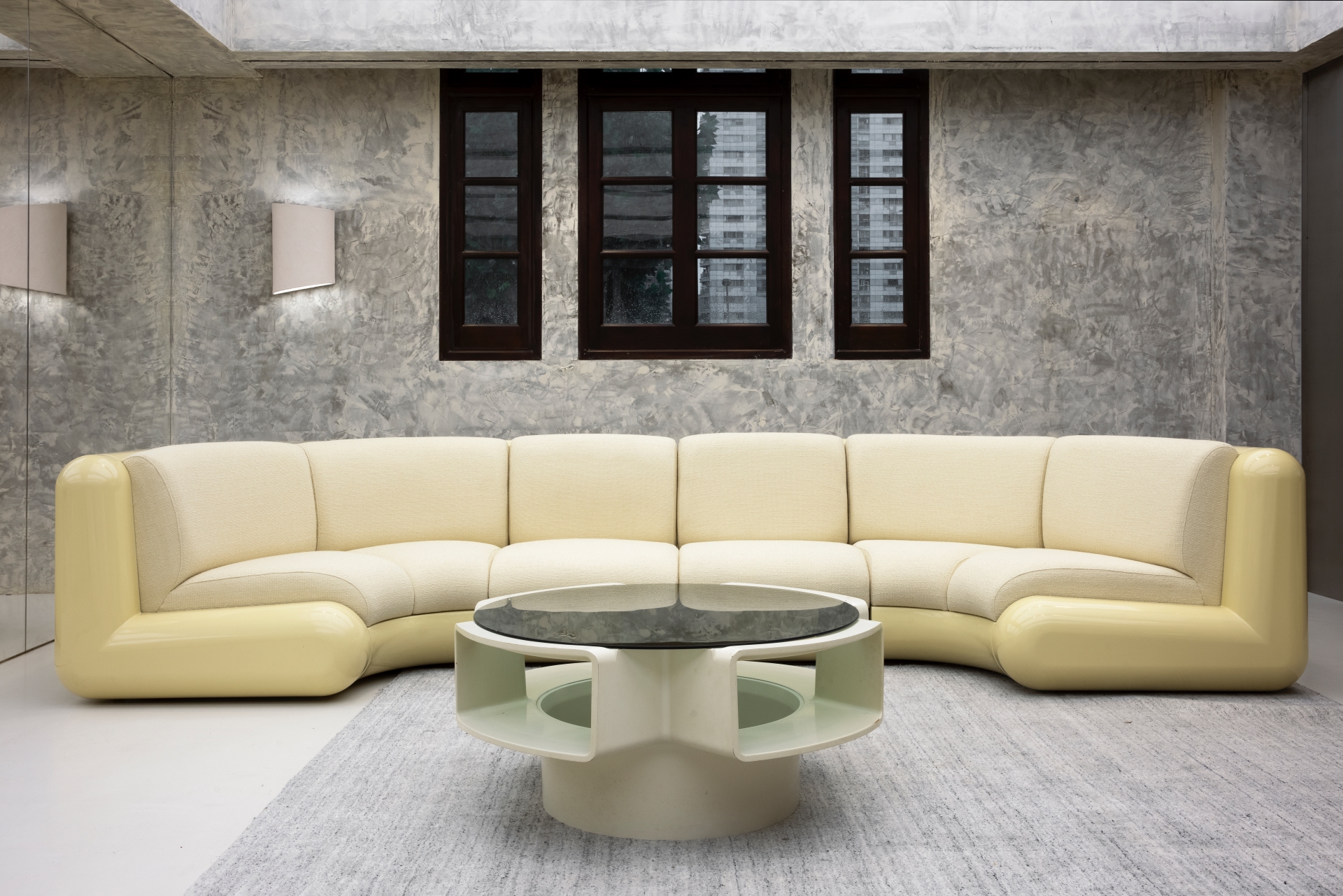
Across all Holloway Li’s design projects, is there a common thread that defines success?
Holloway: We like to create impactful interiors that carry a strong design narrative. Our designs often centre around a key moment that has a filmic quality, unlocking a space. We think of ourselves as chameleons, happy to work to different briefs with stylistic constraints, as long as we have the flexibility to design with imagination.
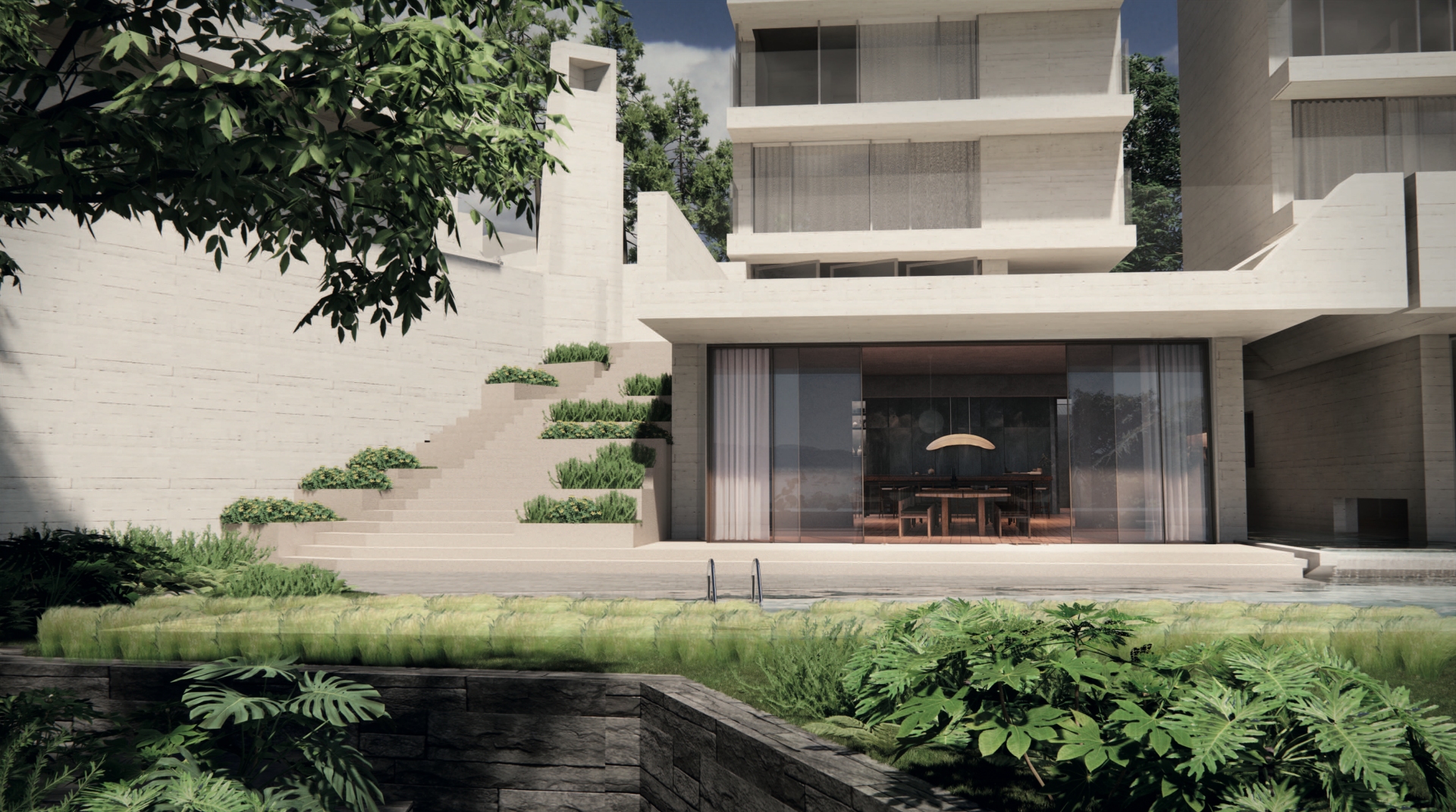
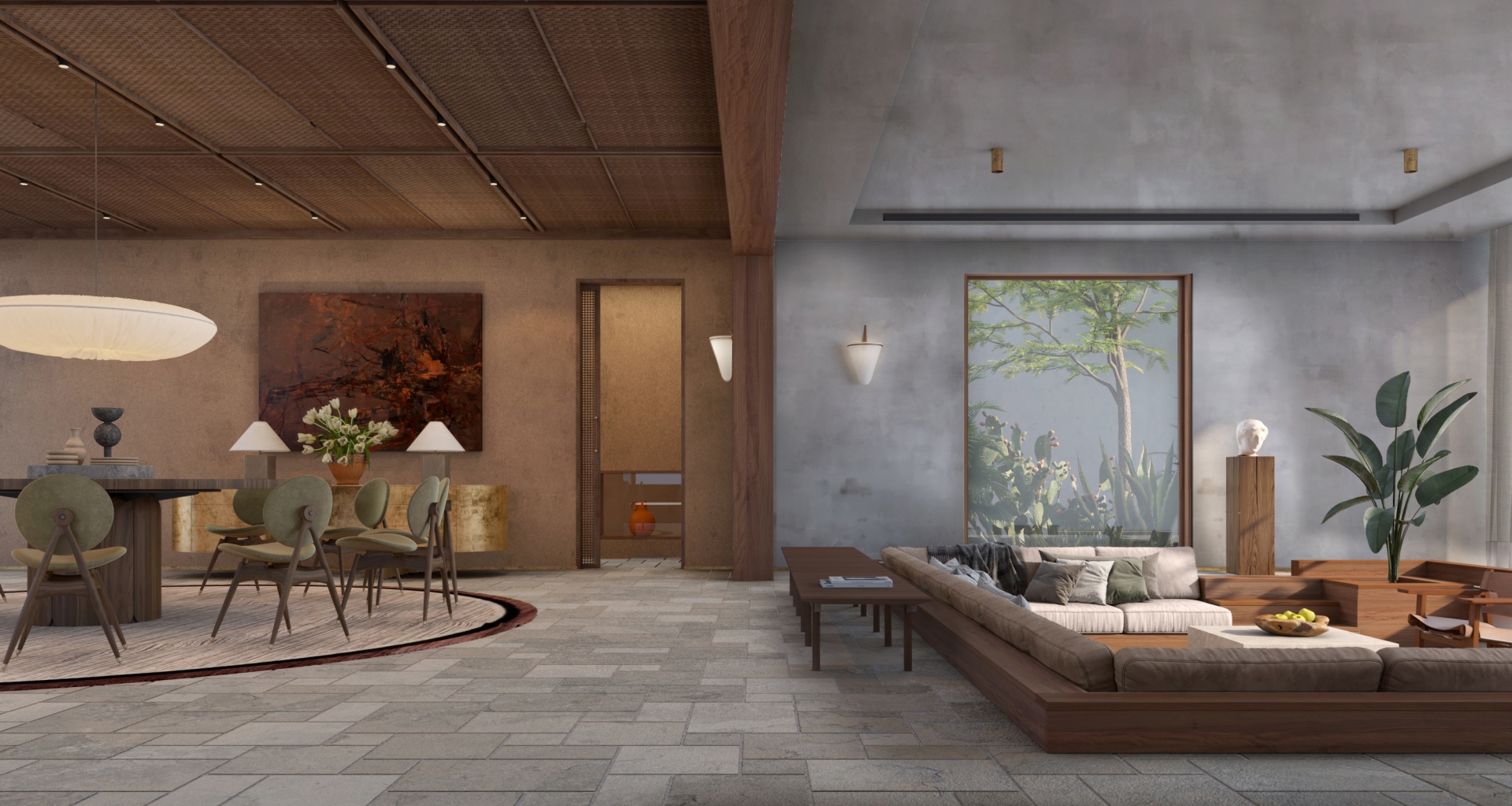
Designing for hospitality, we become the de-facto host. The process is about putting yourself in the shoes of the patron and making a space comfortable, entertaining and sexy.
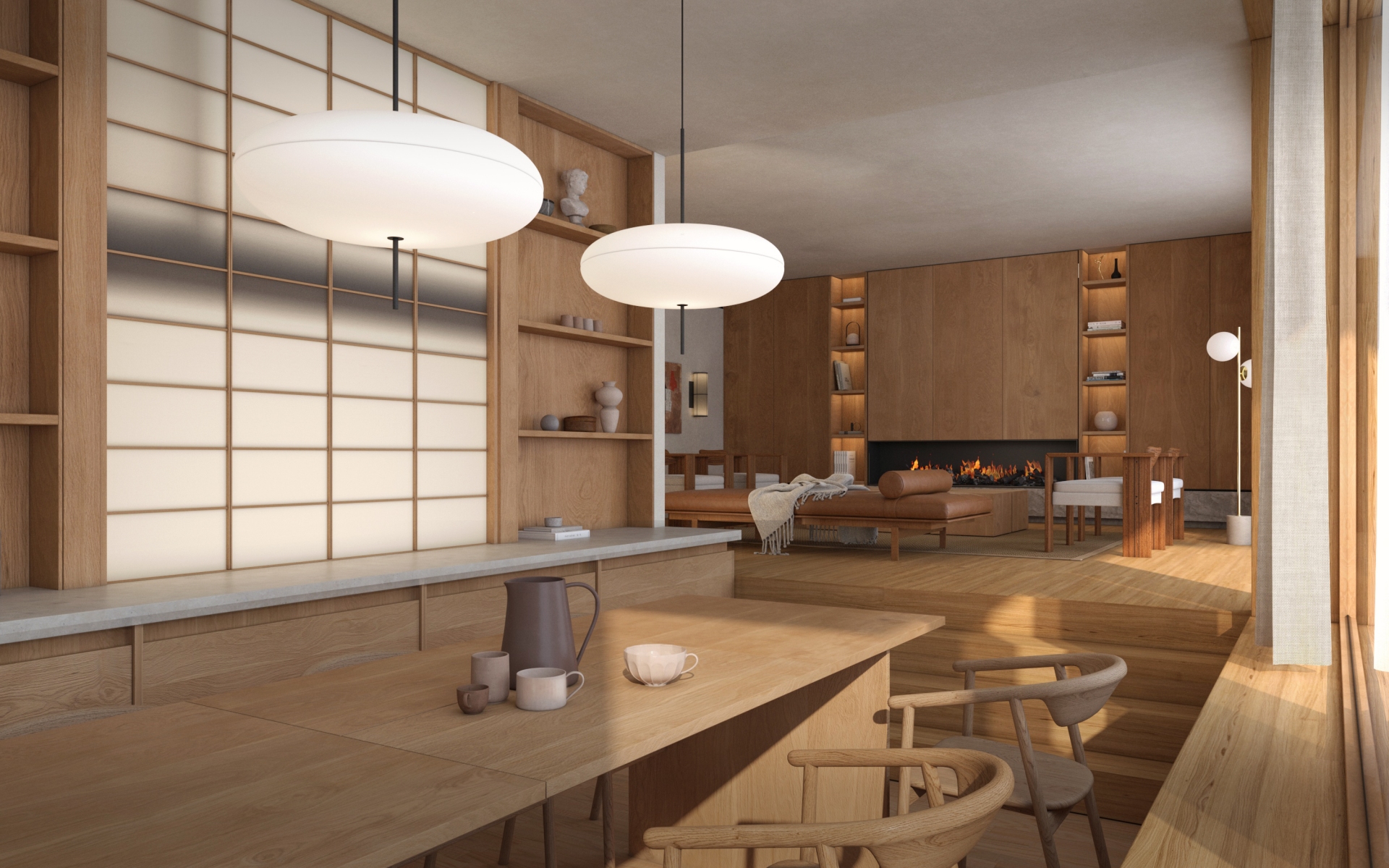
How did the collaboration with Uma and 101PLUS begin? What feelings or messages do you hope to convey through launching the T4 modular furniture series? How does it help open a cultural dialogue between Holloway Li and the audience based in China and Asia-Pacific?
Li: We’re really excited to be working with Uma and 101PLUS to bring our T4 design to China and Asia-Pacific. We’ve always felt a strong pull to doing more work regionally and to showcase the pieces in Shanghai was a real moment for us.
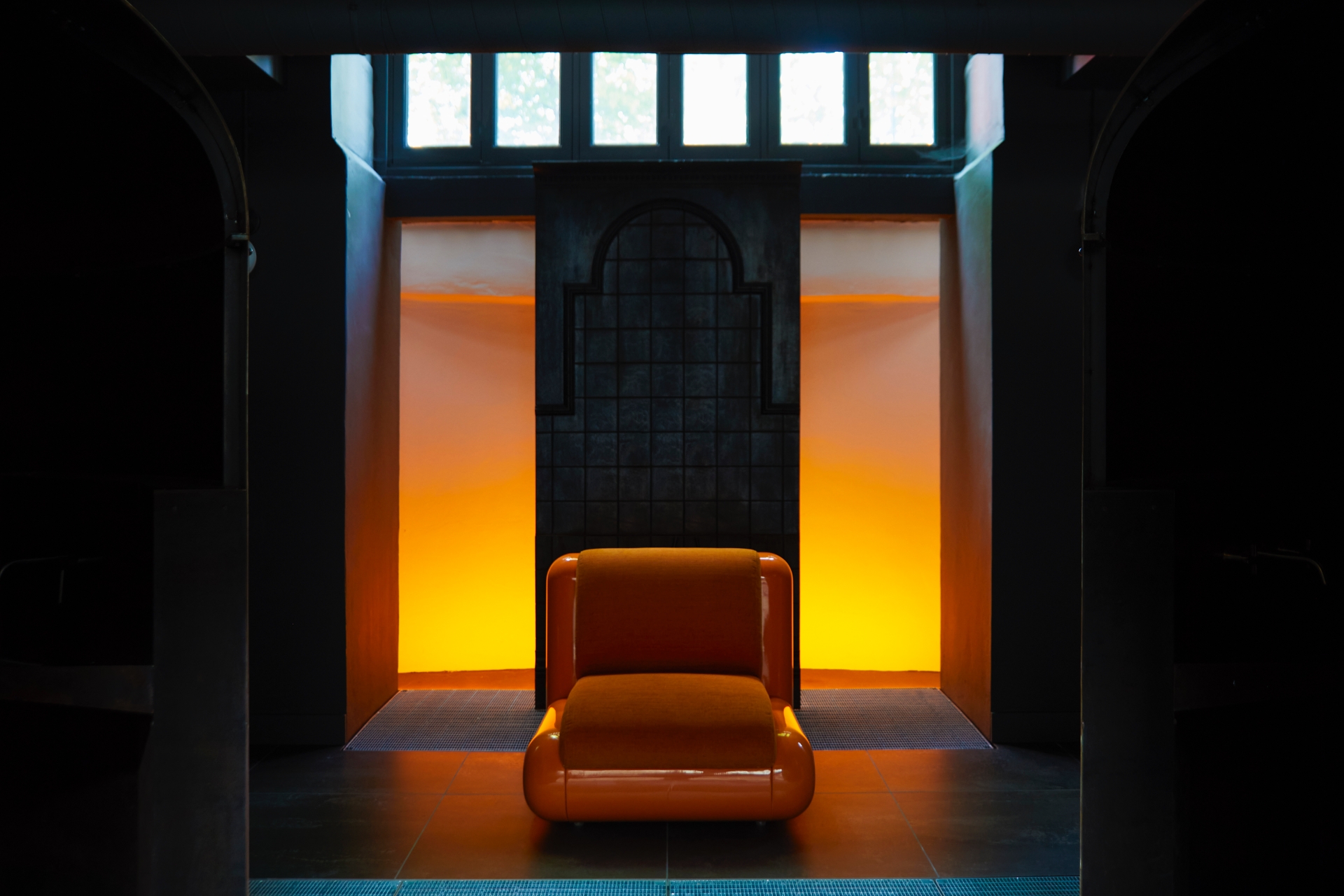
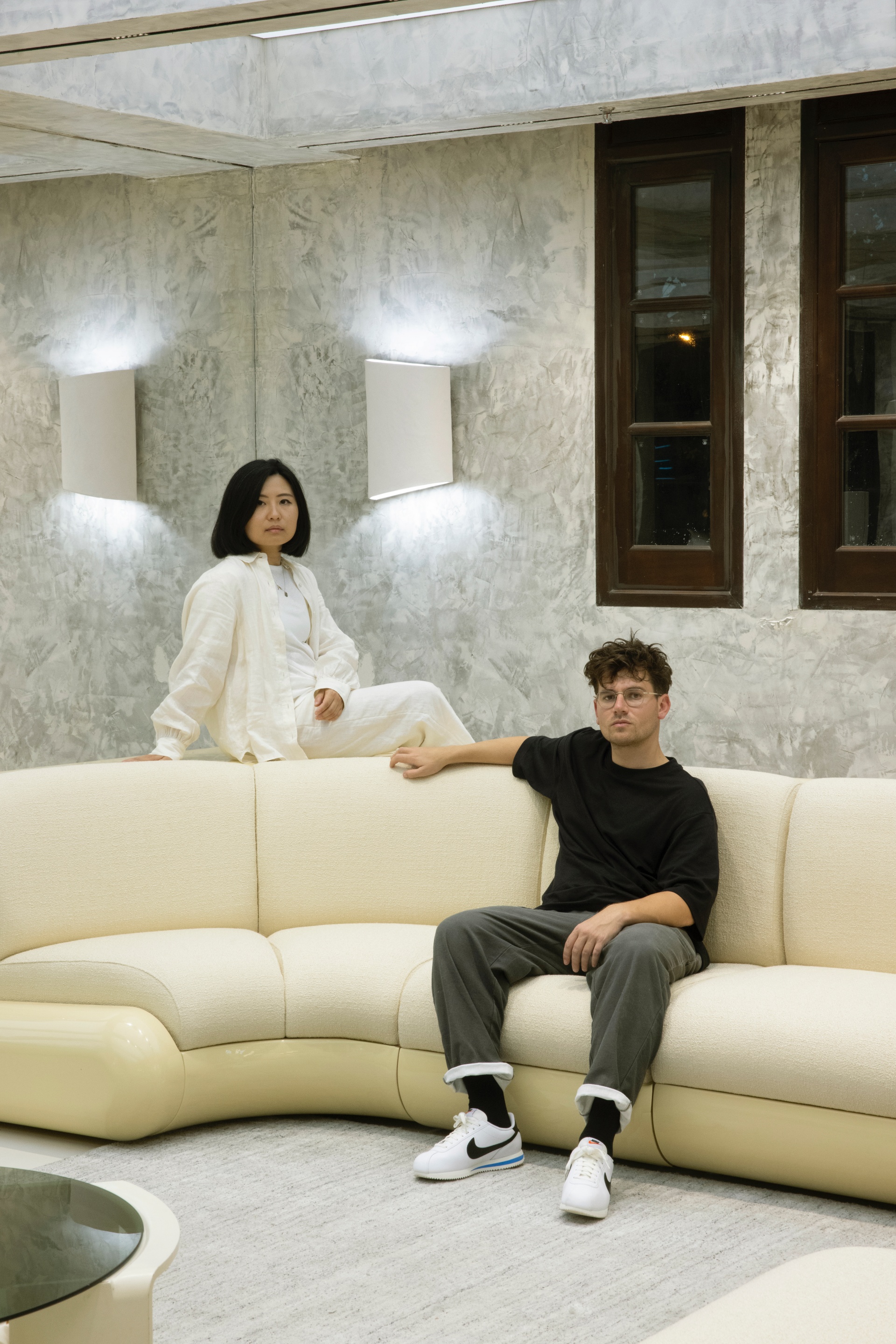
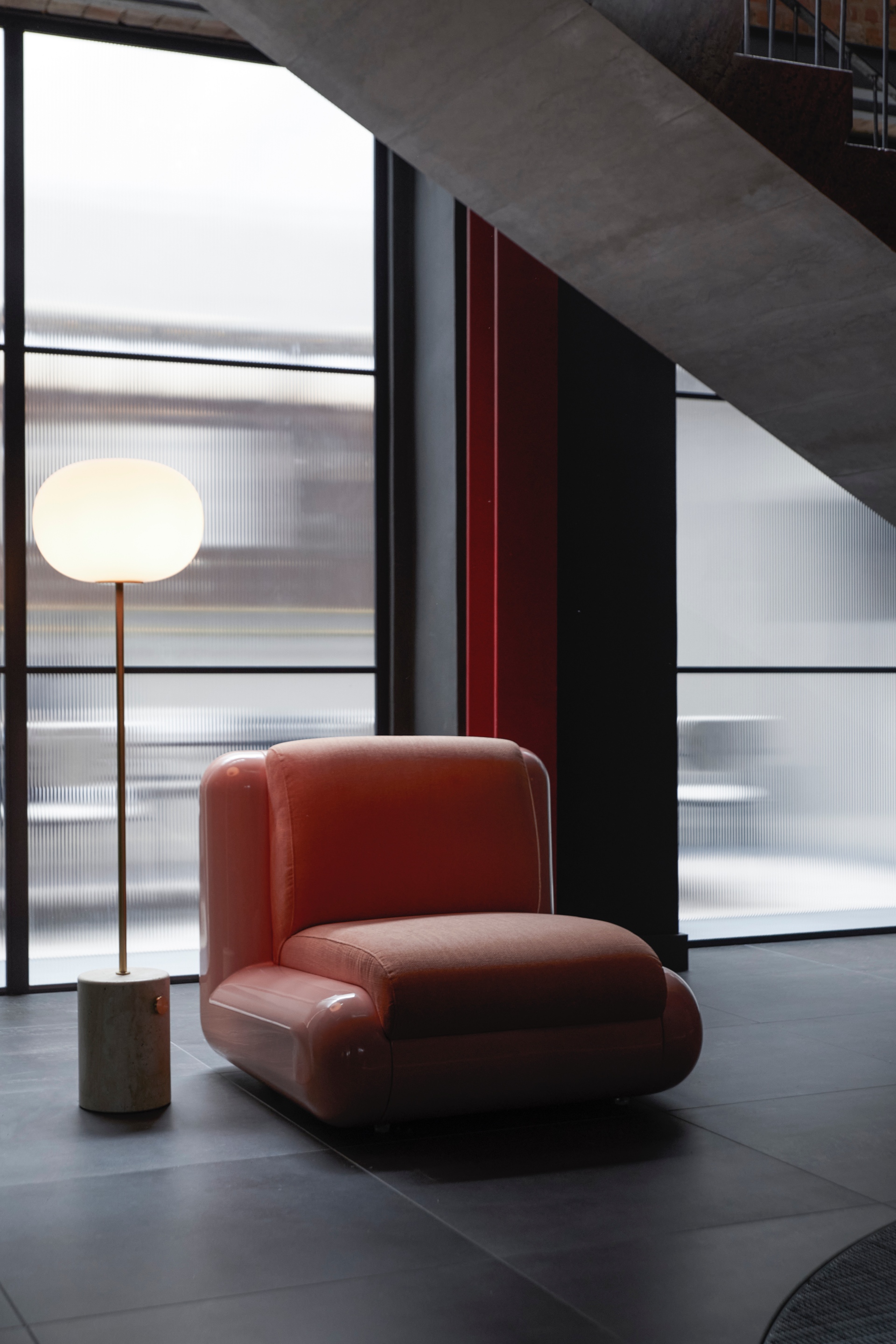
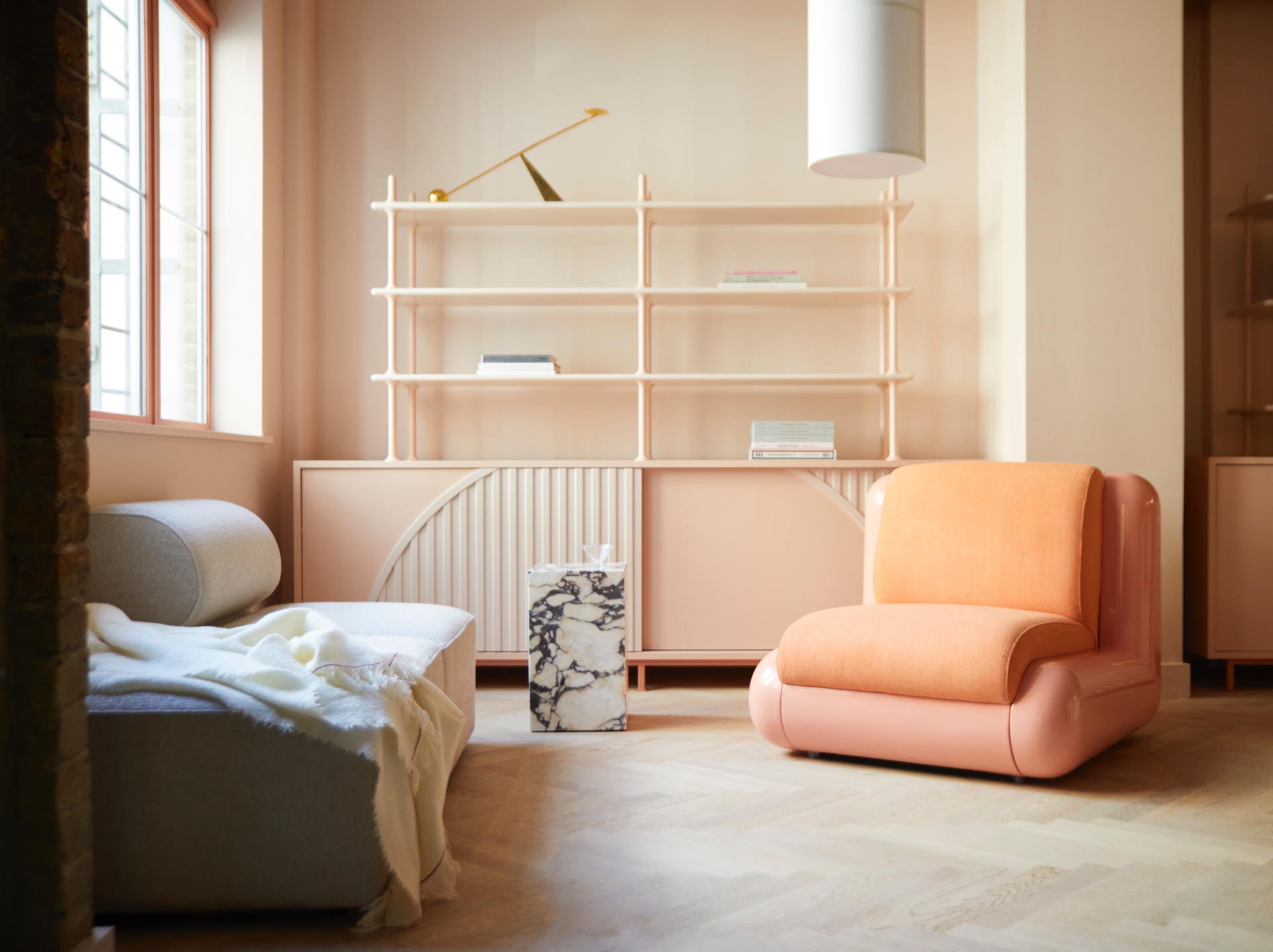
Holloway: When creating bespoke furniture for projects, there’s a whole lot of research and development involved - material innovation is a big focus and passion of ours and working with Steph and her team at Uma has helped us push the boundaries and make the kind of complicated geometries and curvature that our designs demanded possible. Uma and 1010PLUS totally understands us as a studio and gets what we’re trying to achieve - so it felt like the perfect collaborative fit to launch our debut furniture series. The series began as an iterative extension or development of a furniture design project on one of hotel projects. We had the opportunity with Uma to take the design one step further making into a marketable product and the collaboration was born.
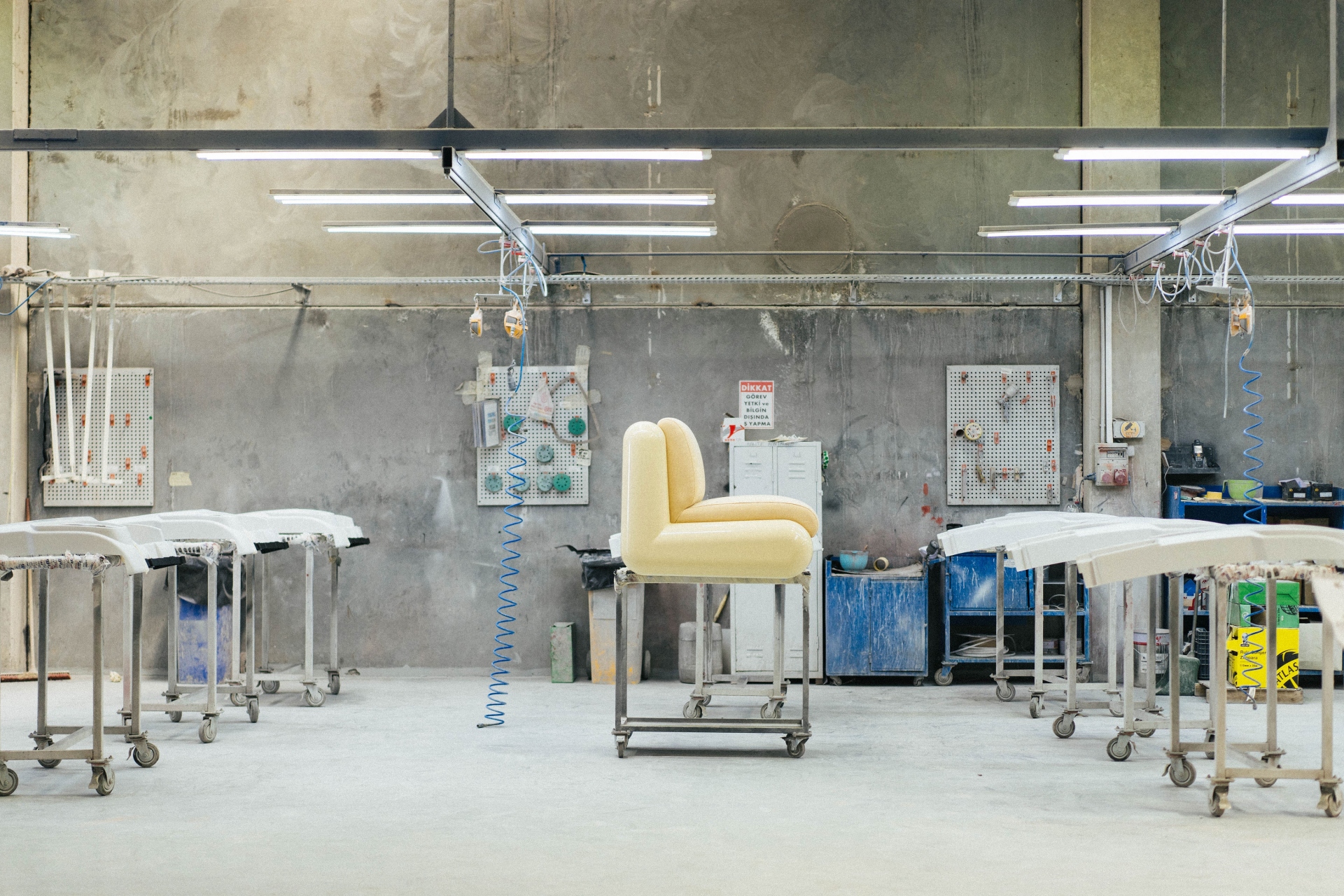
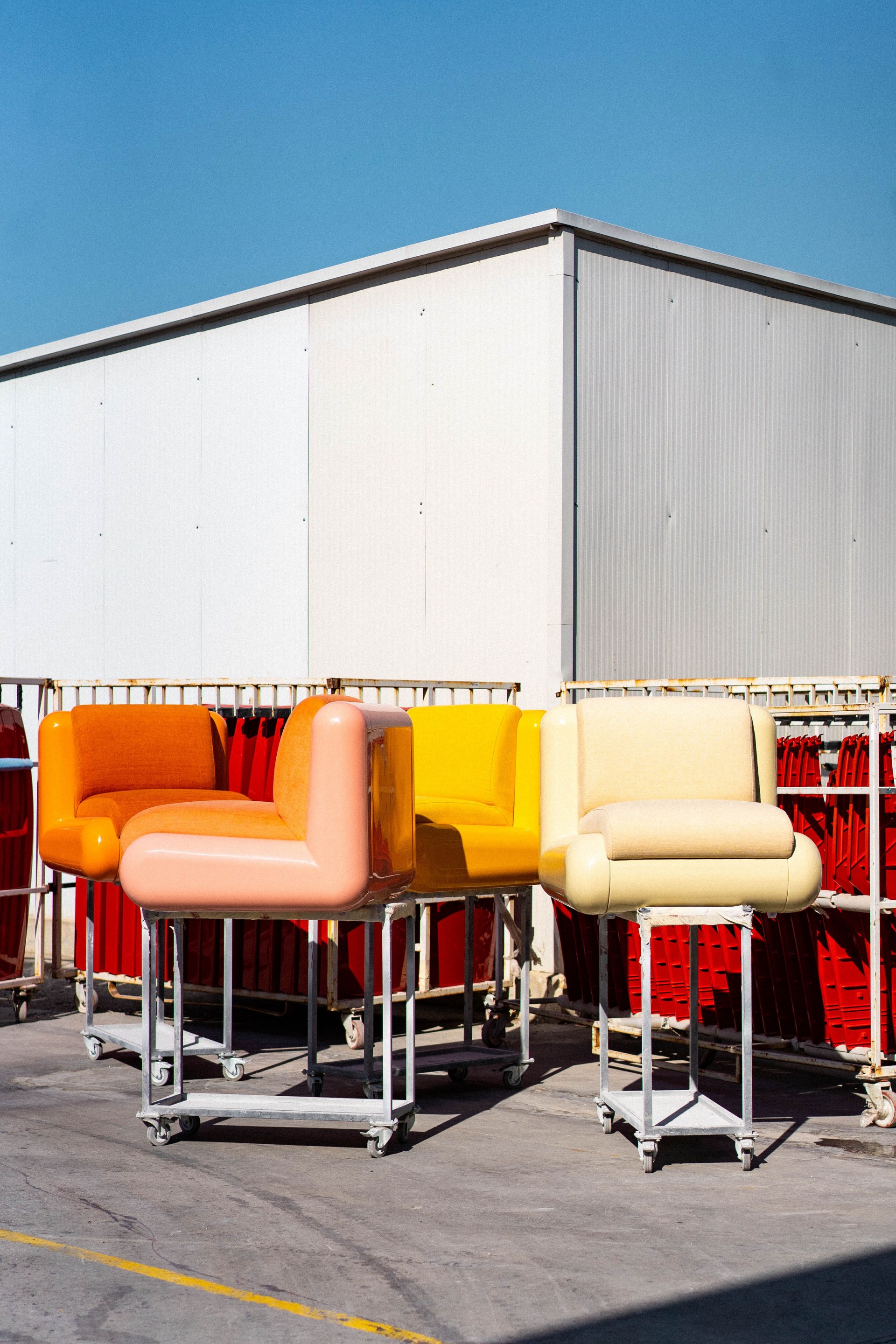
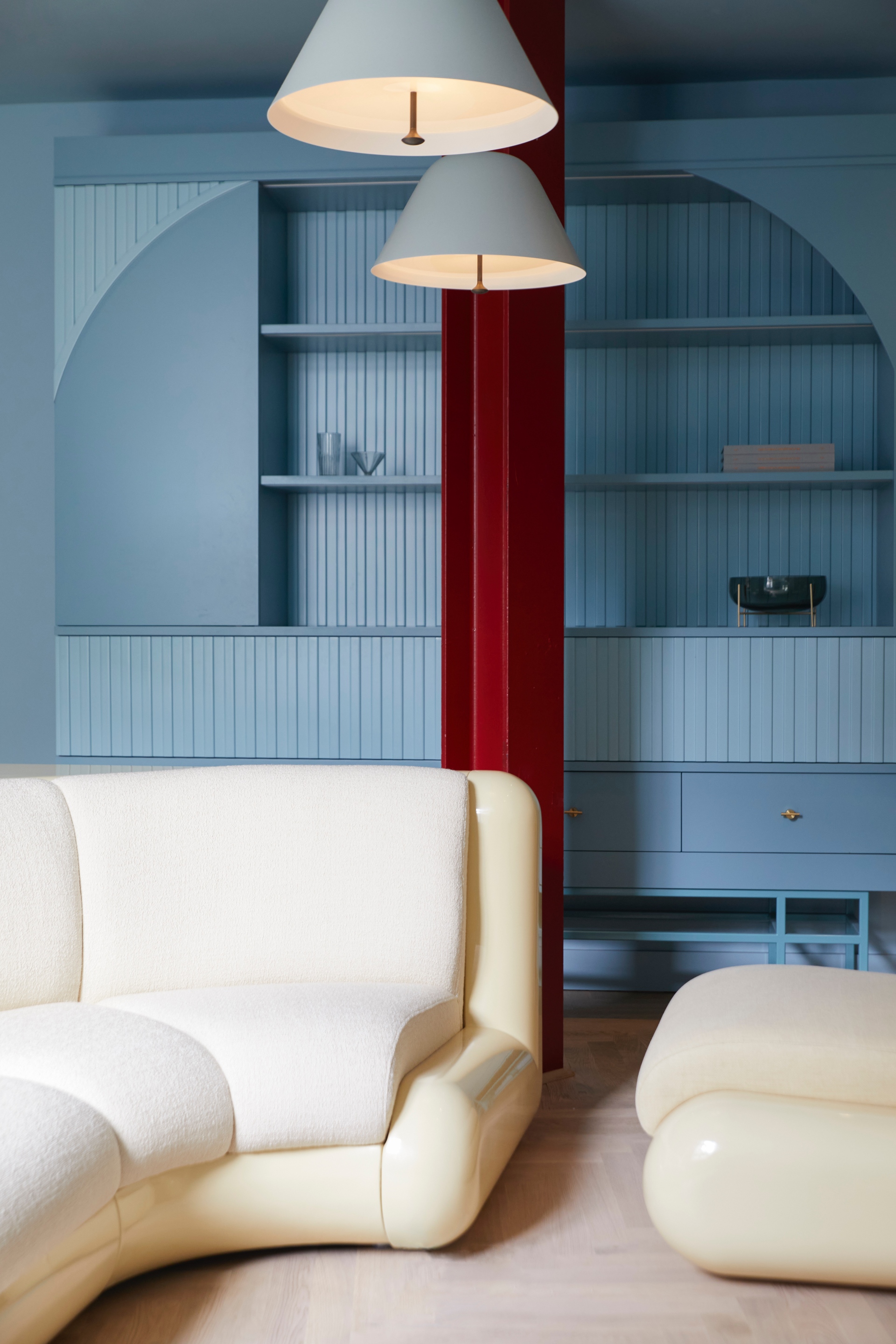
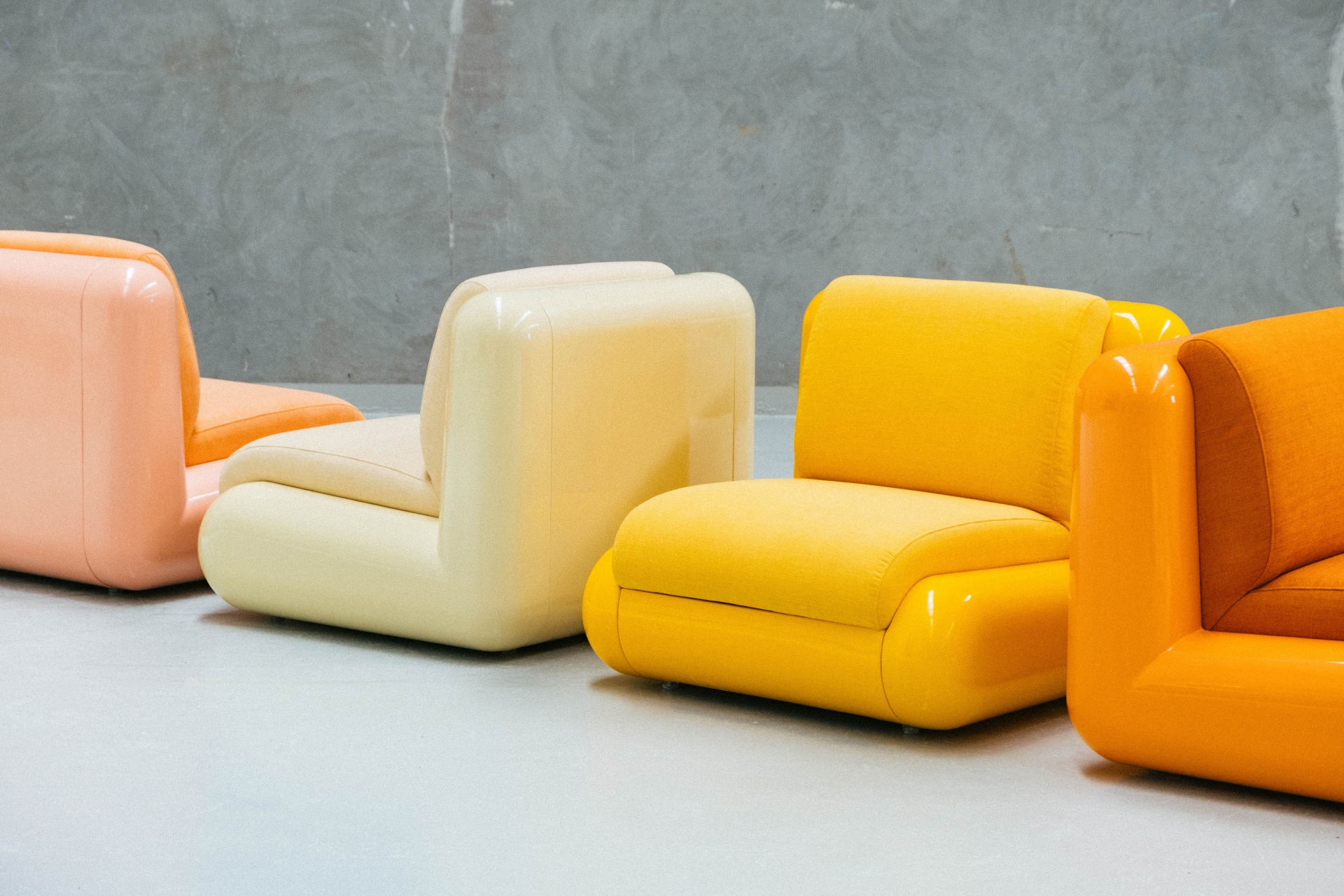
What architects and designers do you draw inspiration from? And where do you usually go for design inspiration?
Li: We are inspired more by art, film and notions of shared and lived experience than the work of other architects or designers. Personally, I grew up in a family of film makers, so theatre and cinema were huge influences for me growing up in China.
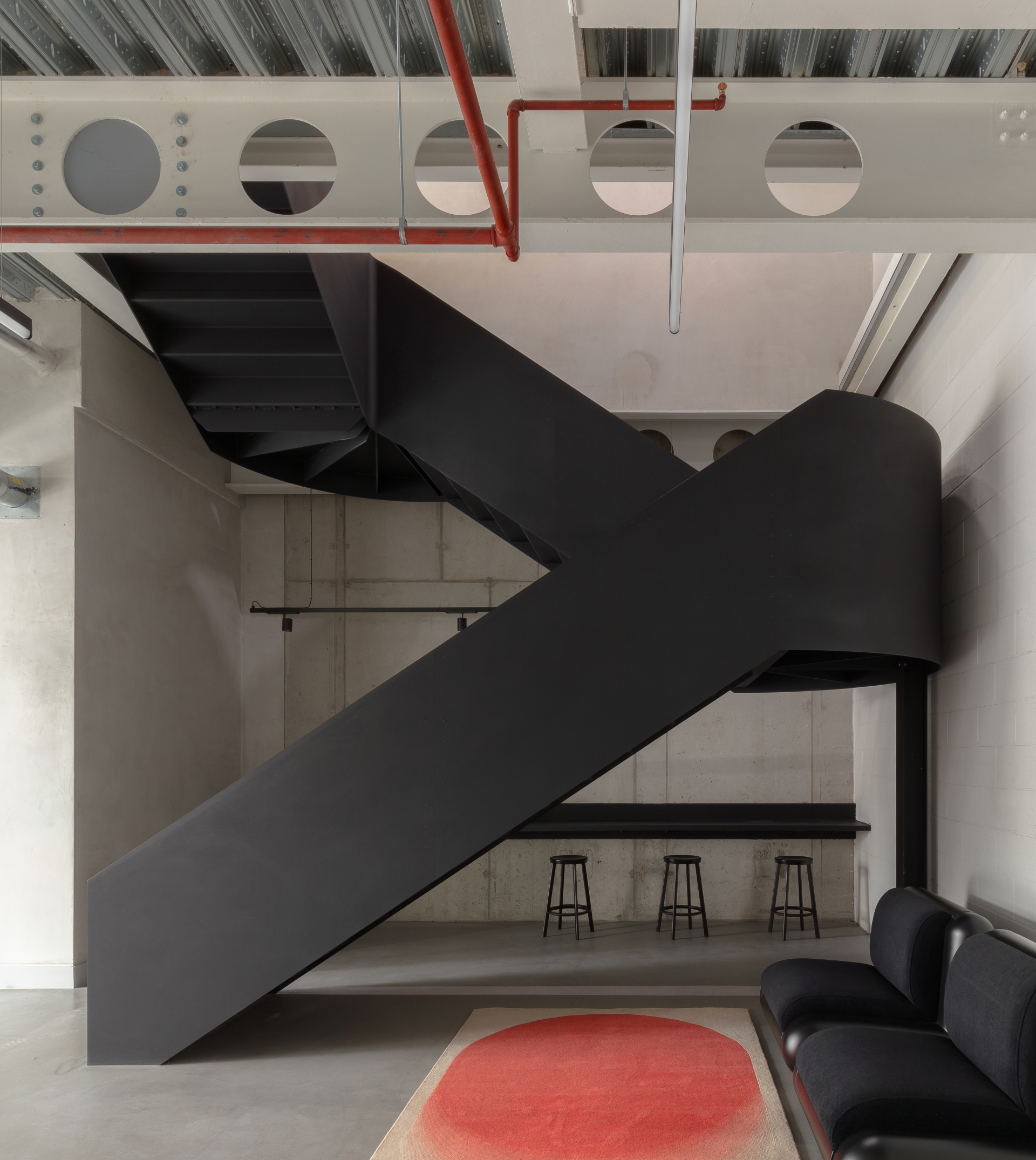
Holloway: I am always drawn back to two primary influences; film director Stanley Kubrick and performance artist Matthew Barney. I have inherited Kubrick’s fascination with single-point perspective – a symmetrical vista – this is a common theme that runs through a lot of our studio’s work. I love Barney’s process because of the detail and dedication of craft in order to create such vivid depictions of imagined worlds. The precision that went into the sets created for The Cremaster Cycle show total commitment to his vision.
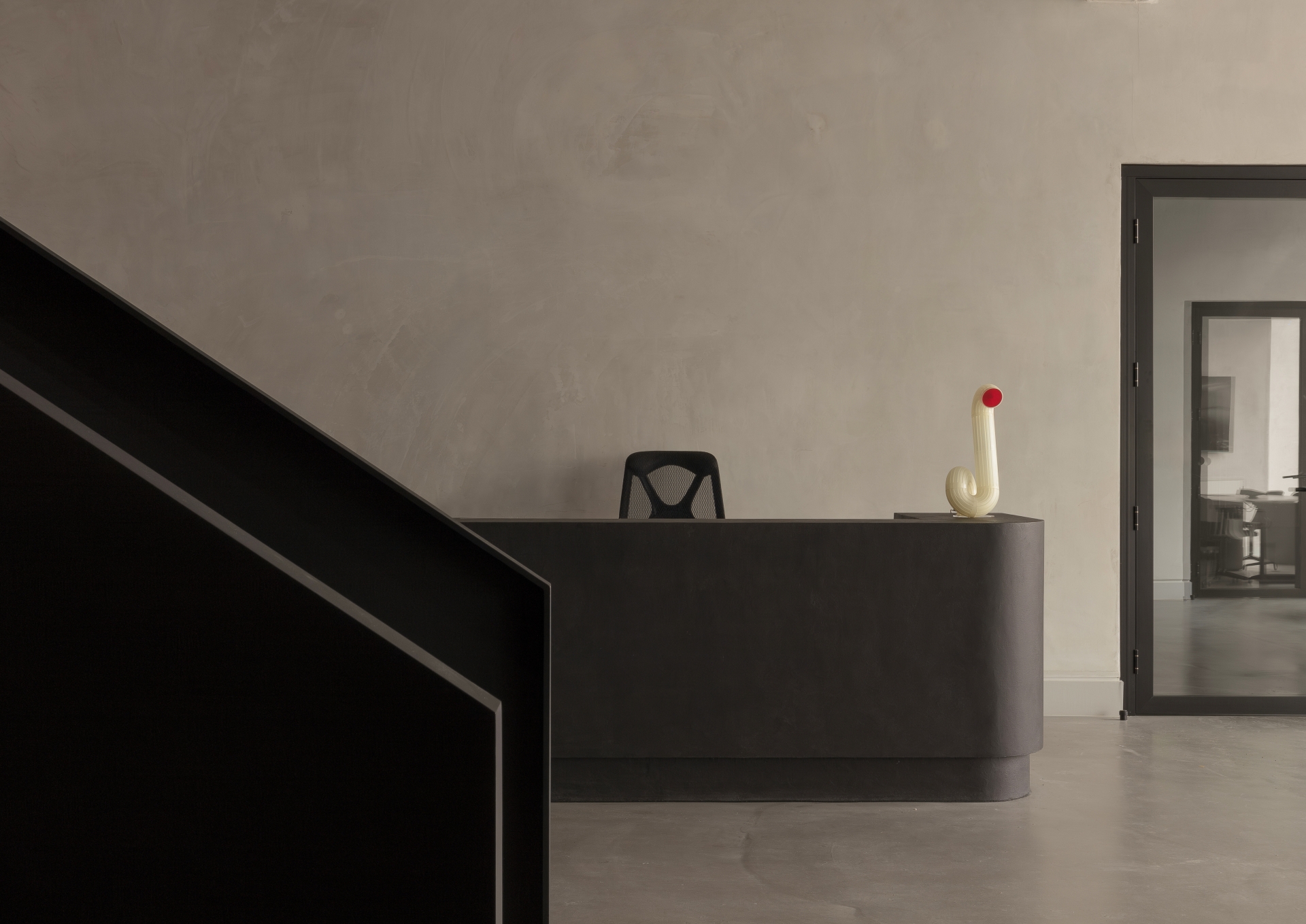
What are some of your design hallmarks across your projects?
Li: Our design approach errs towards the off-beat. We like to commit to an idea and get our hands-dirty to achieve it. We have an experienced team that can execute our concepts with technical precision, and a closeness to the craft employed to achieve it.
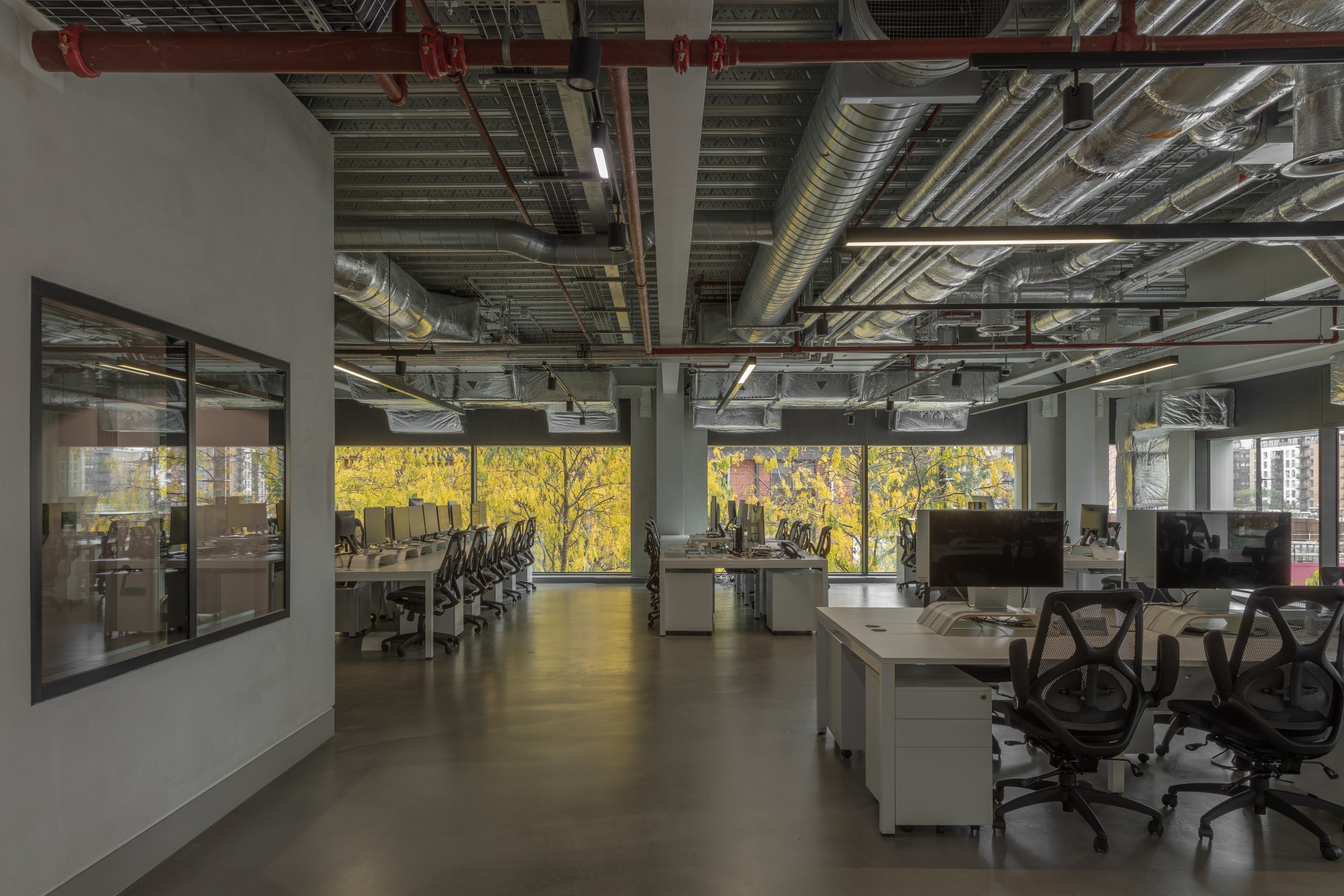
London is a key stylistic influence – more often than not we find ourselves working on existing buildings with a storied history. We like to play with the conflict between old and new, blurring the boundaries between the historic vernacular and contemporary interventions.
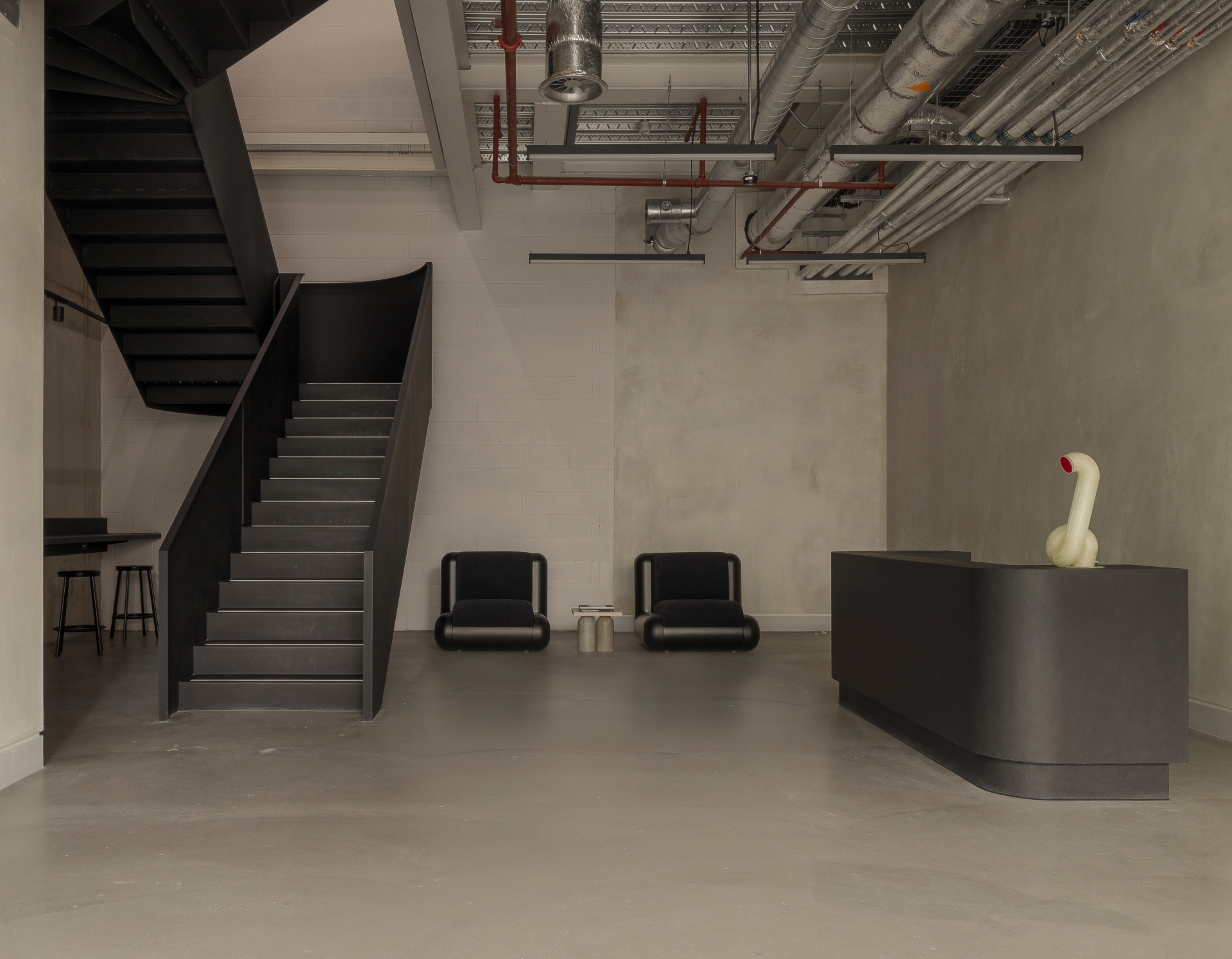
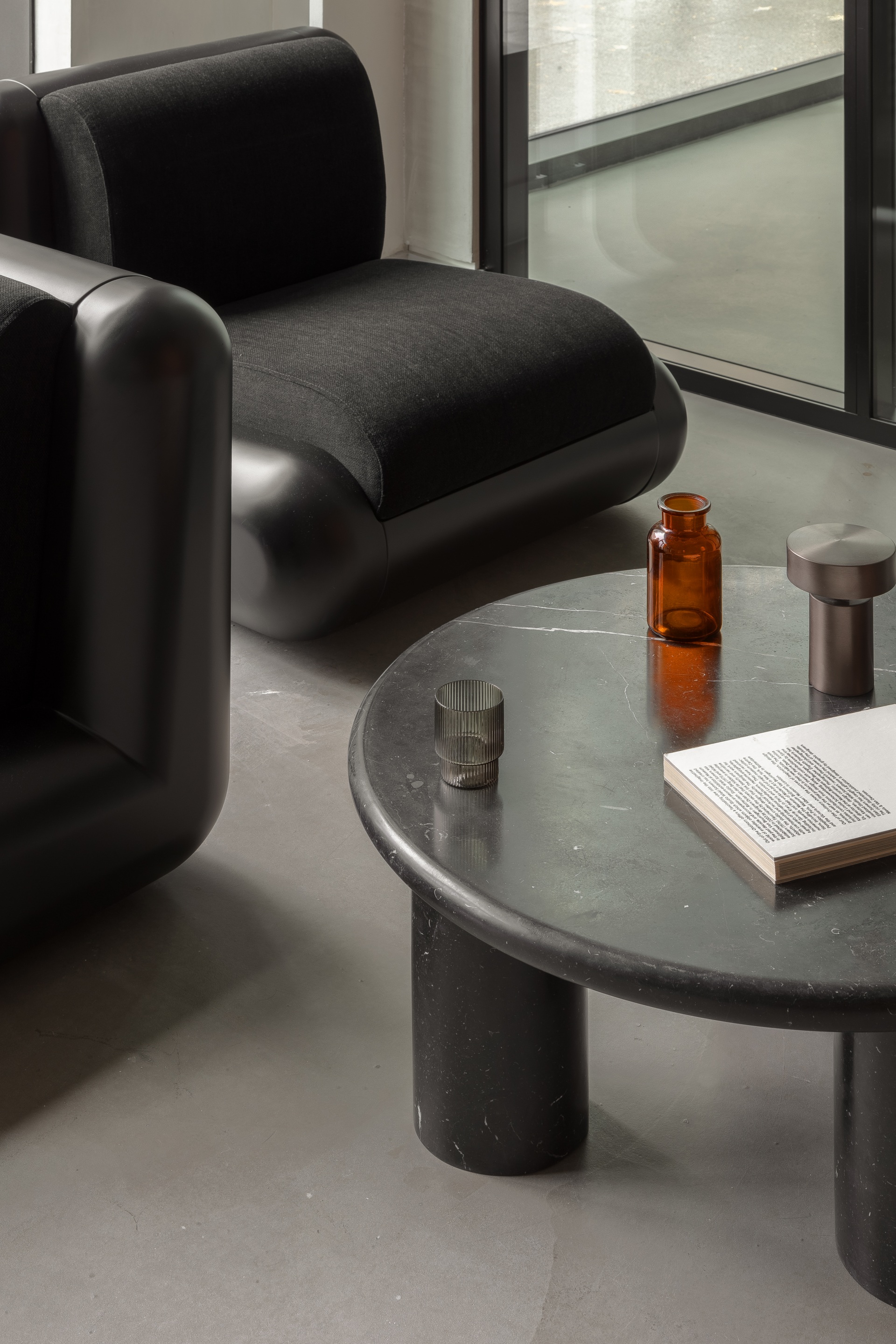
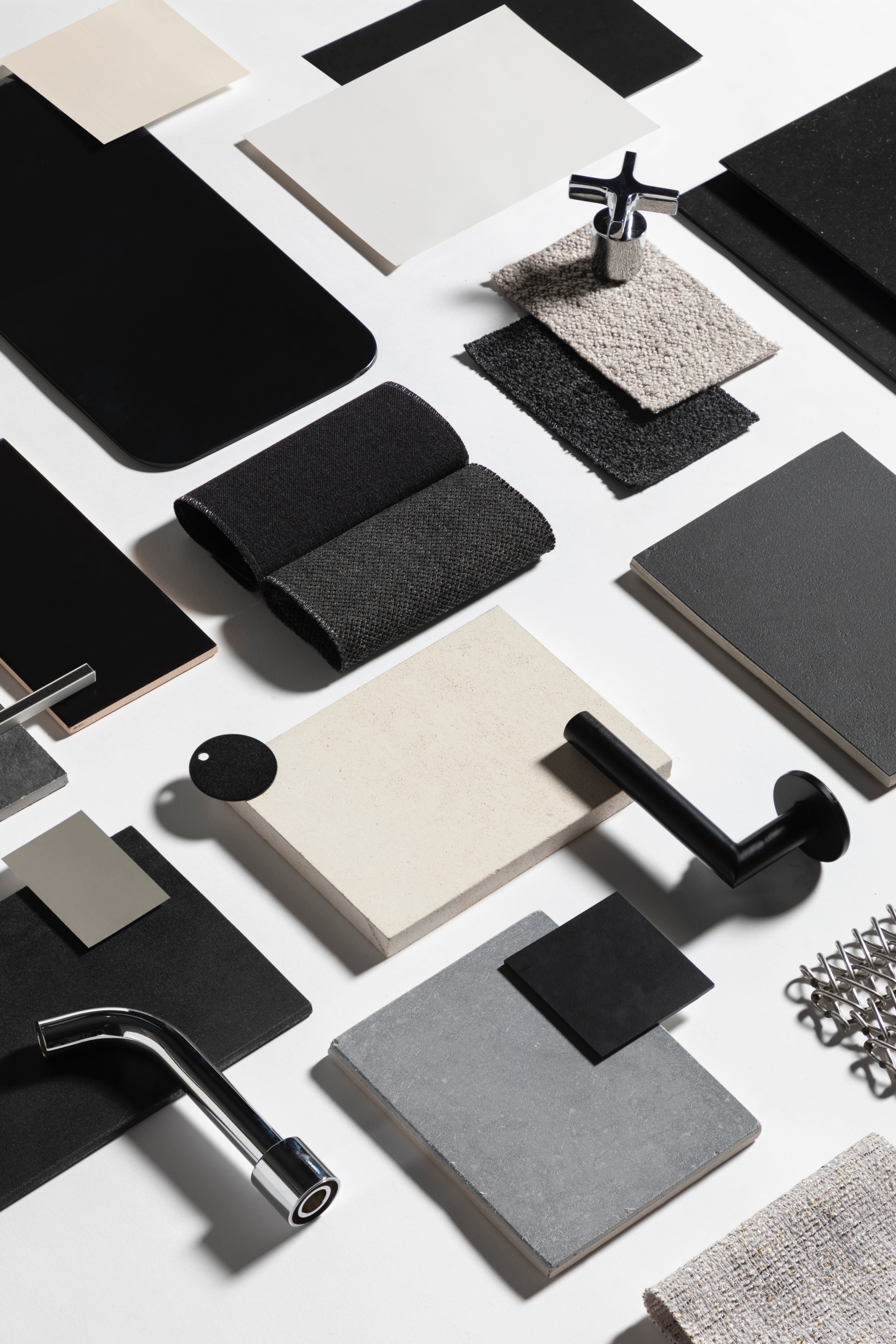
Could you reveal a bit more on your new project for HYLLA in Hong Kong and a desert hotel in China?
Li: HYLLA 's brand and ethos is centred around creating harmonious, introspective spaces rooted in local traditions and philosophy. For this project, they have invited us to create a space that responds to its local surroundings (of Eastern and Western influence) whilst taking aesthetic cues from their first hotel in Liang, Yunnan Province in China. I remember during one of our first conversations with HYLLA's Creative Director, we were asked how Eastern culture or philosophies have influenced our team’s design work. Our response was that Eastern design is often atmospheric, ephemeral, intangible and focuses on the human spirit and the natural landscape; Western design is often scientific, practical, particular and emphasises individuality and methodology. Our studio's design philosophy seeks to extract the art of practicality and curation from the West, whilst combining it with the ephemerality of the East, to create uniquely authentic and exotic experiences. With our studio's cross-cultural background, HYLLA saw our studio as the perfect partner to realise their vision.
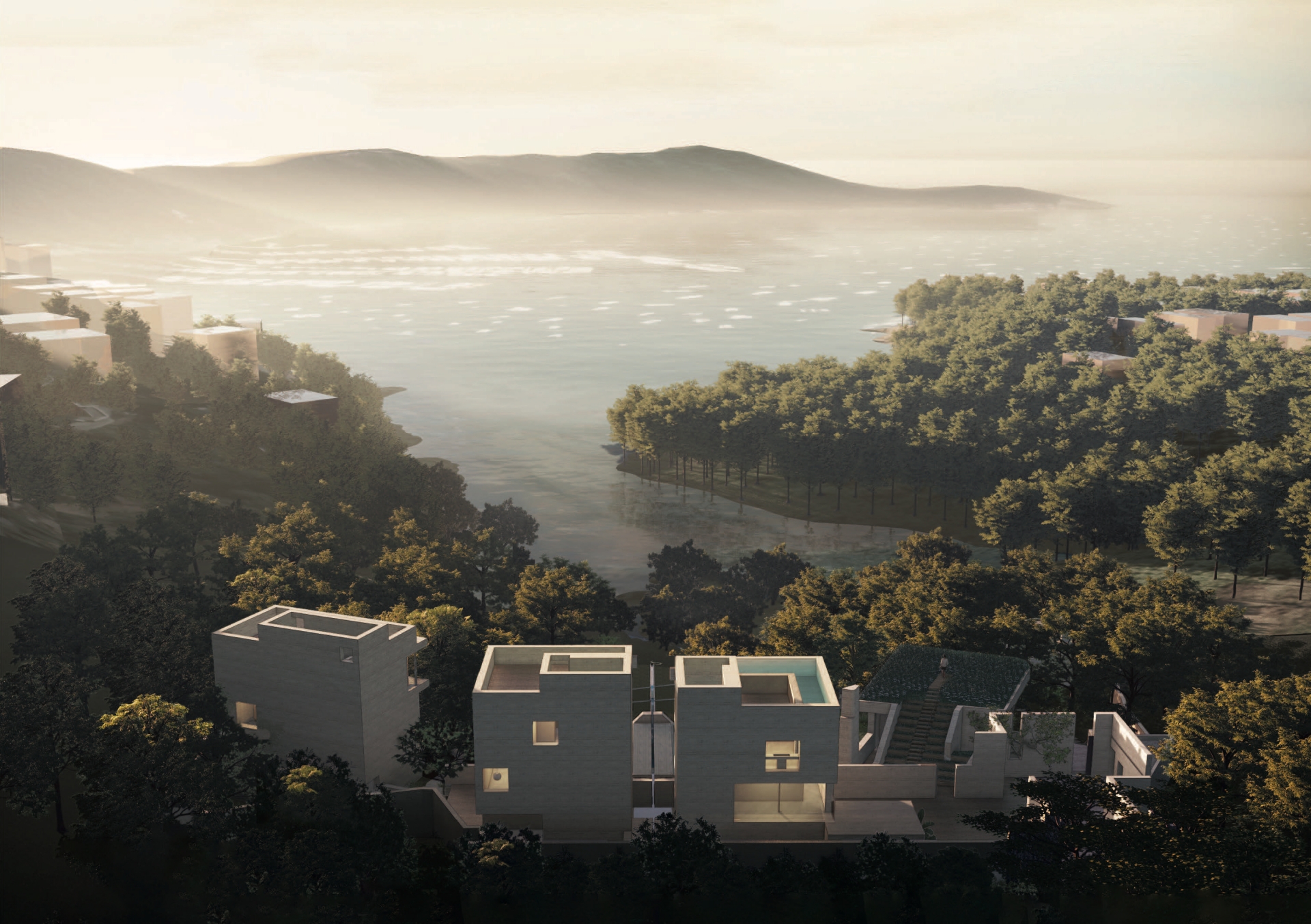
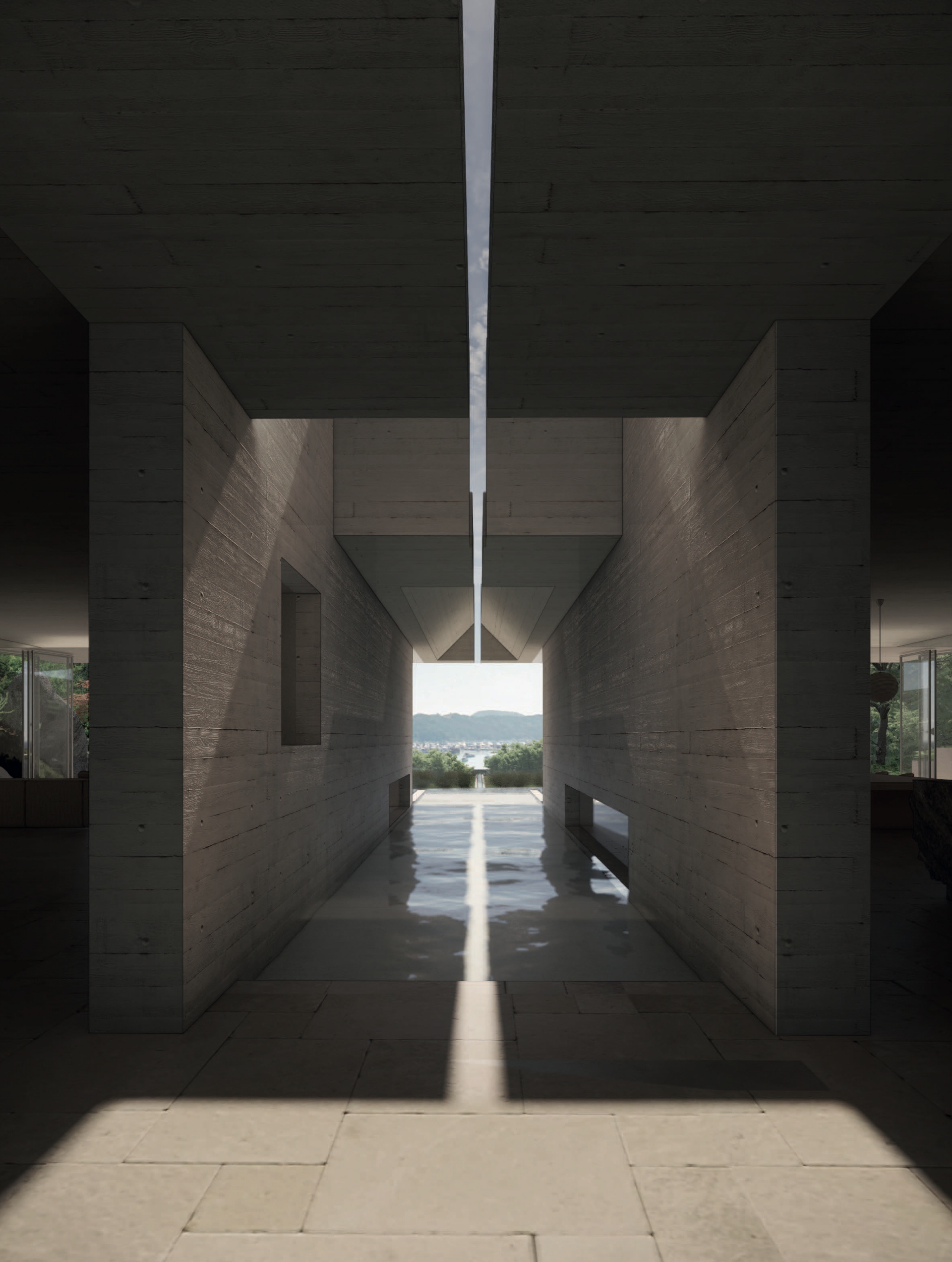
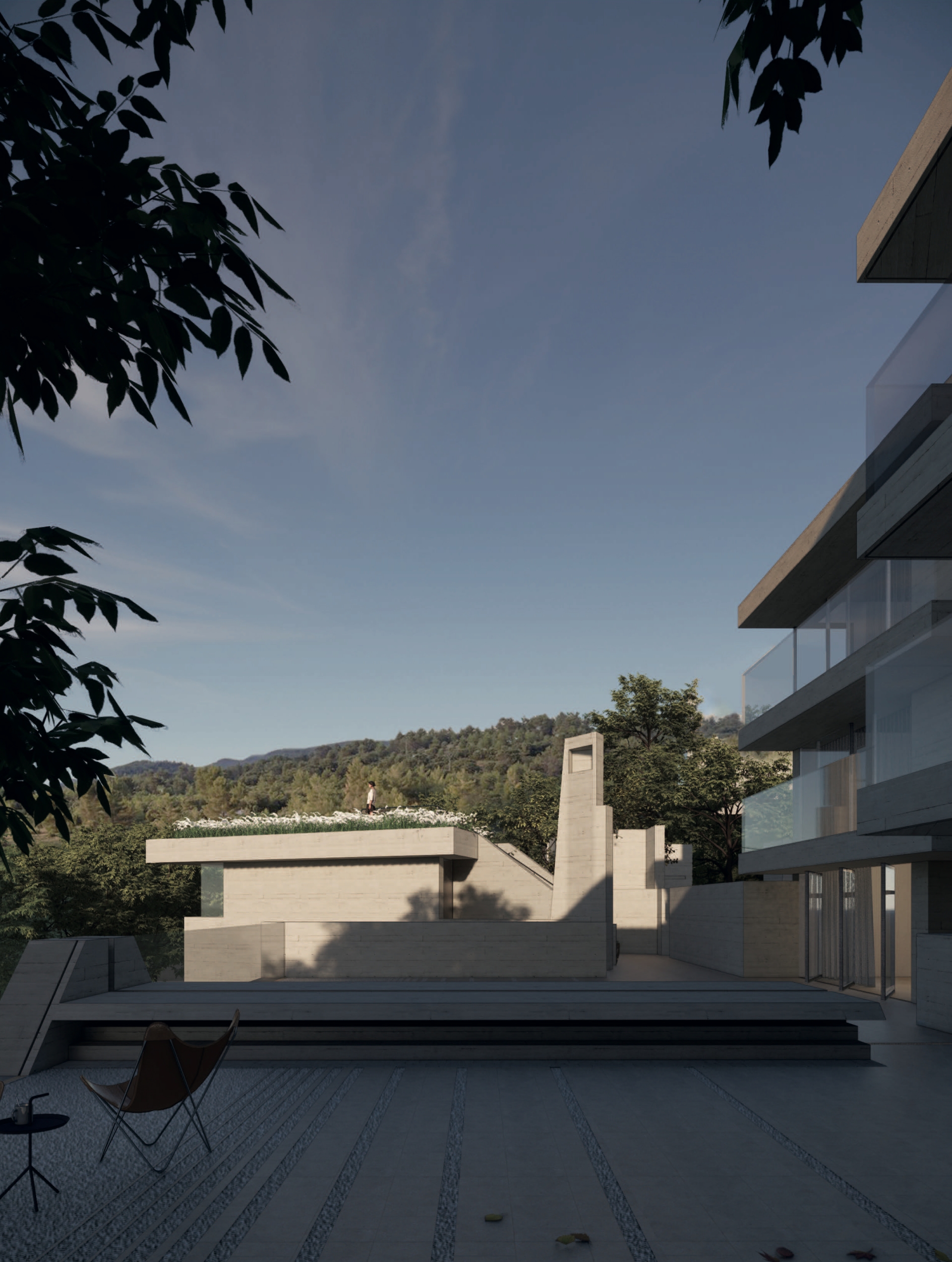
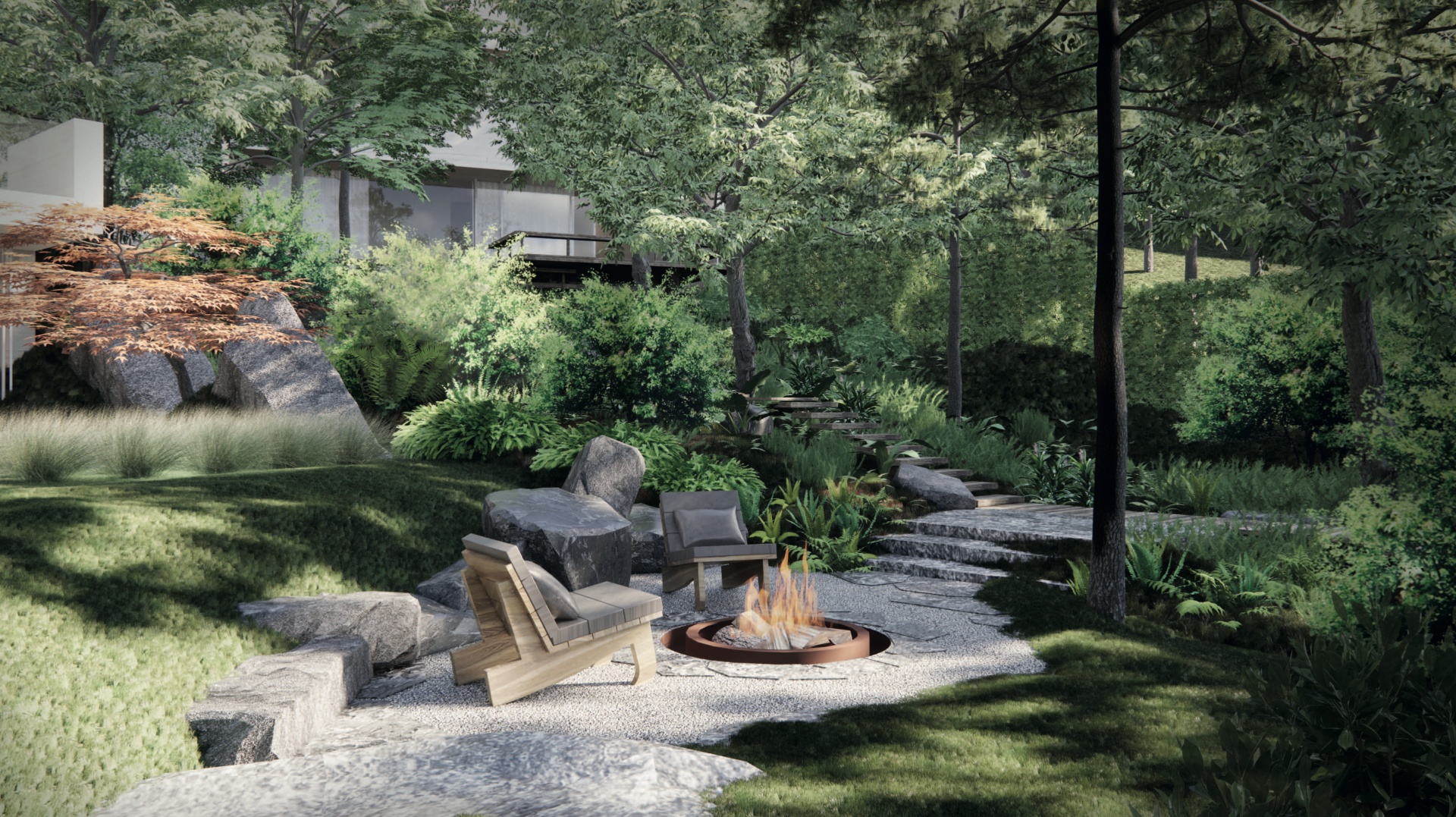
Our hotel project located in Dunghuang, China is part of a new 30-villa luxury spa hotel nestled within a working vineyard oasis, with amazing views of vast sand dunes that mark the beginning of the Gobi desert. We look forward to sharing more of the design and craft journey as the project now progresses through construction!
